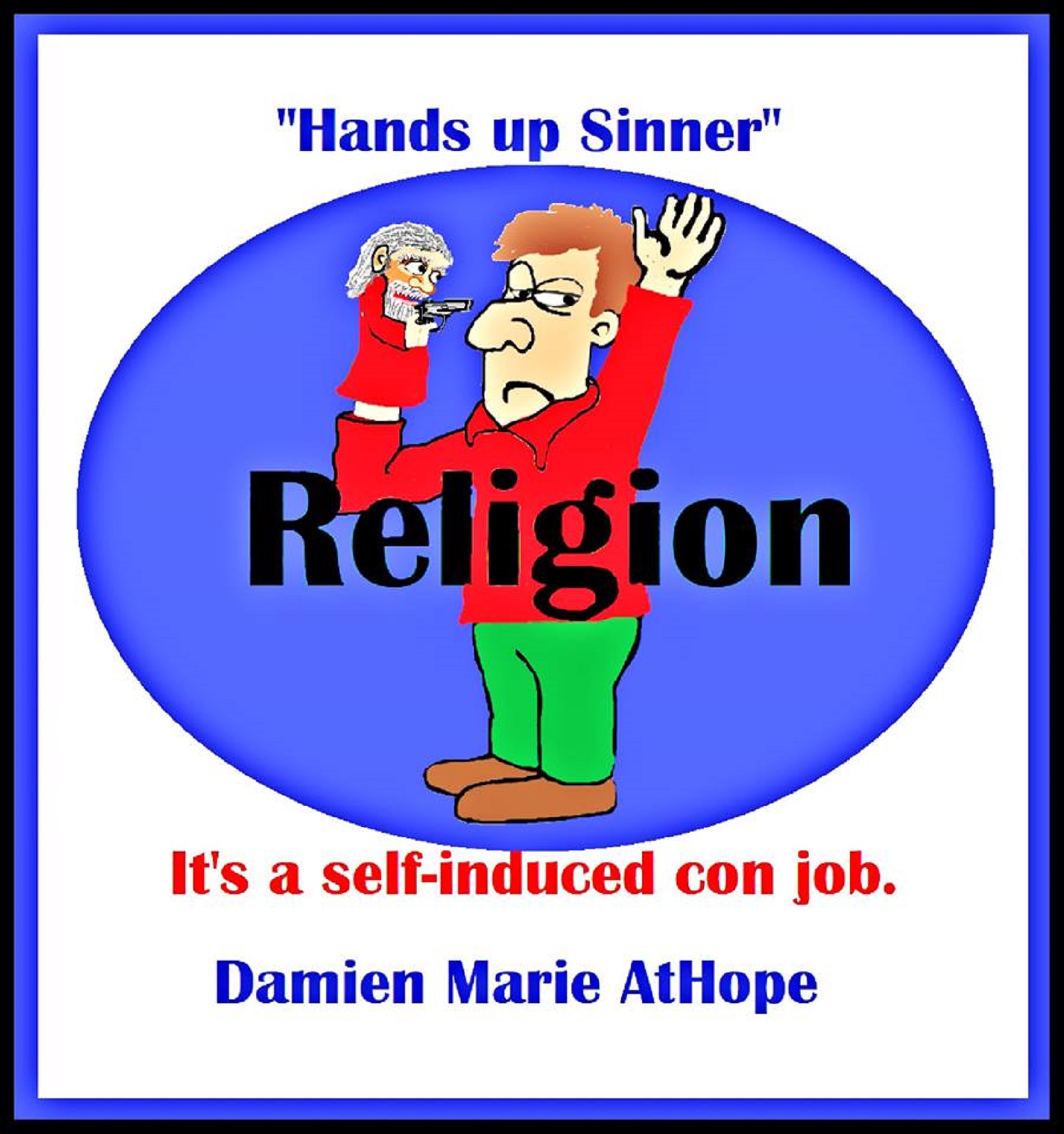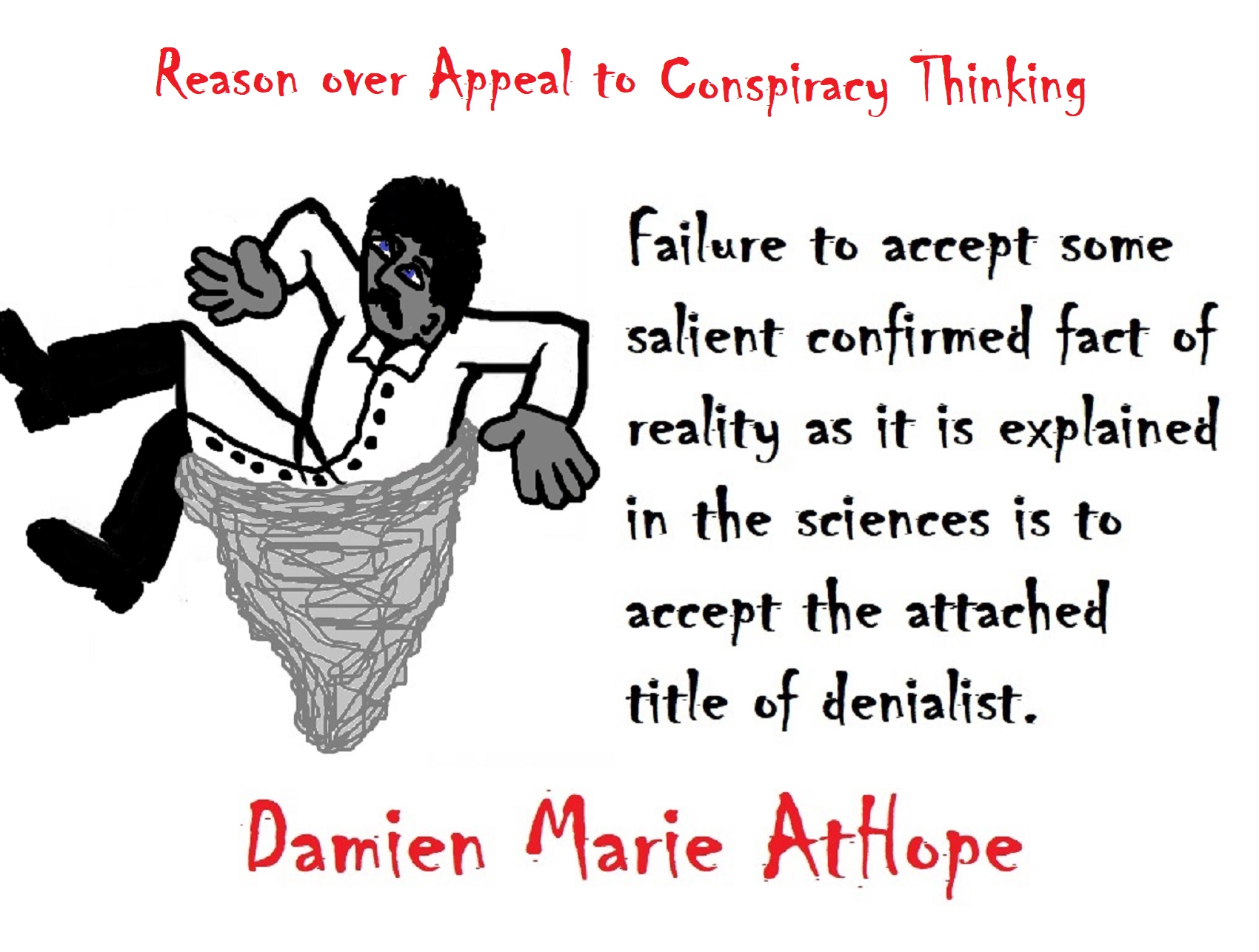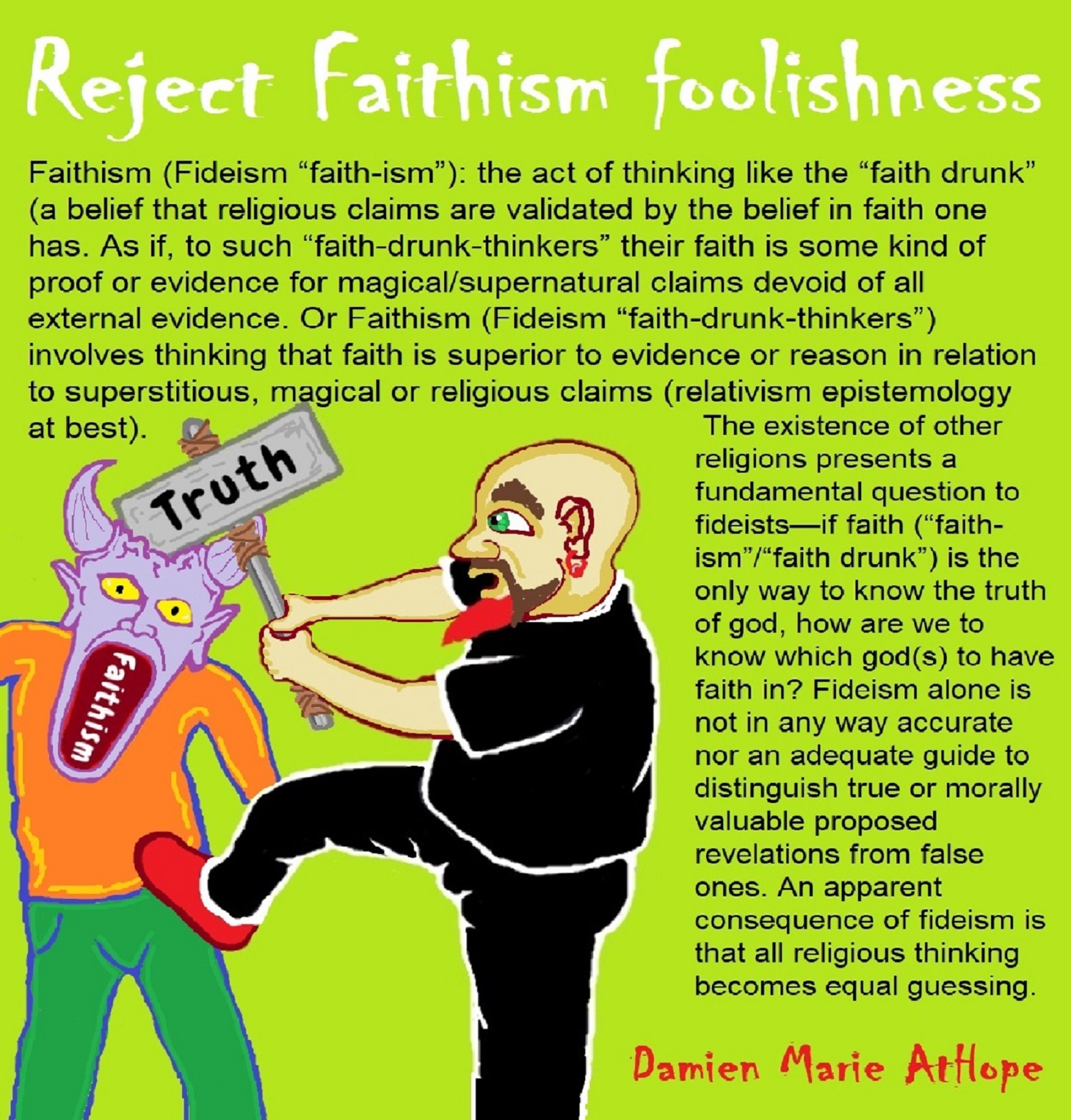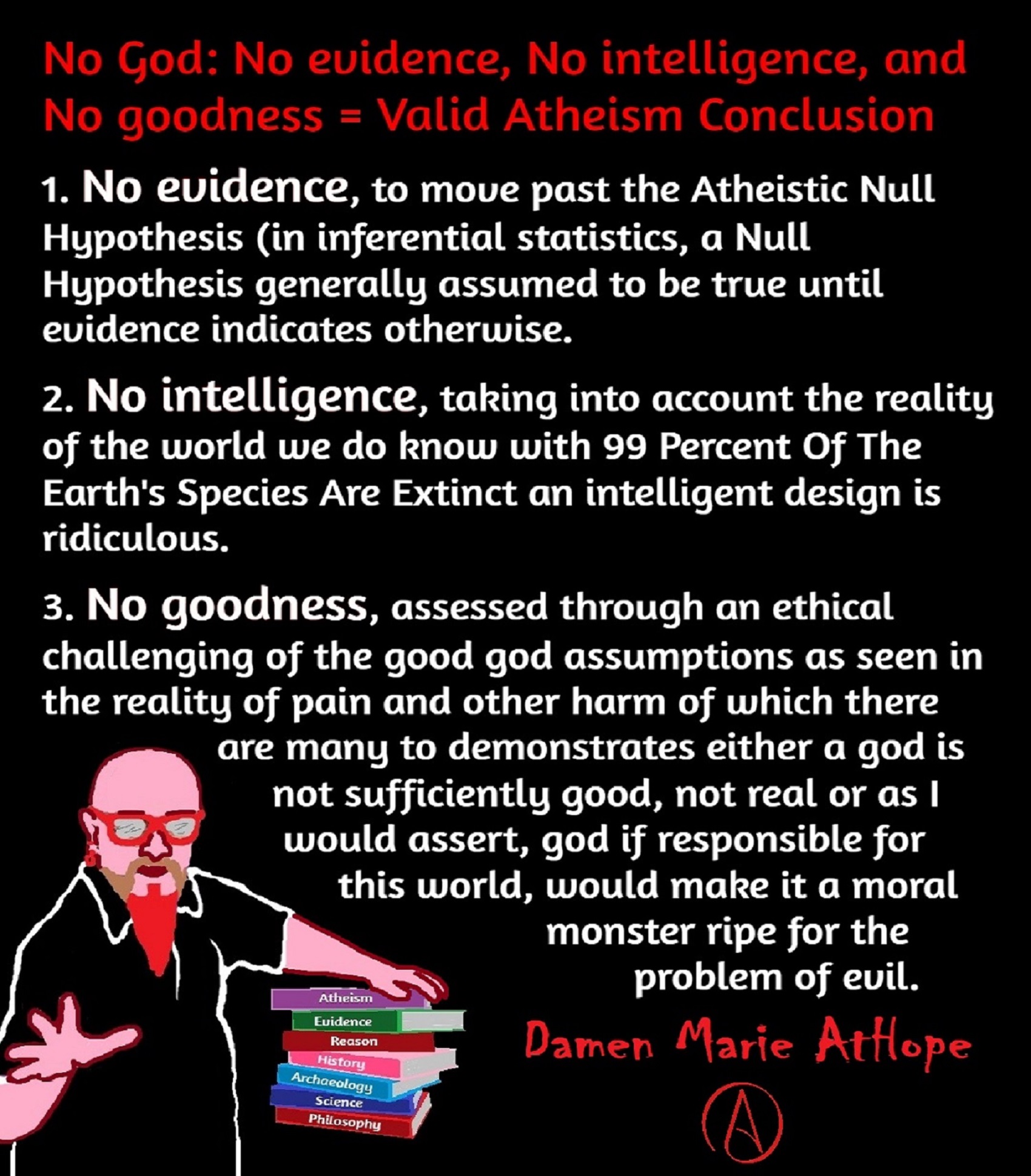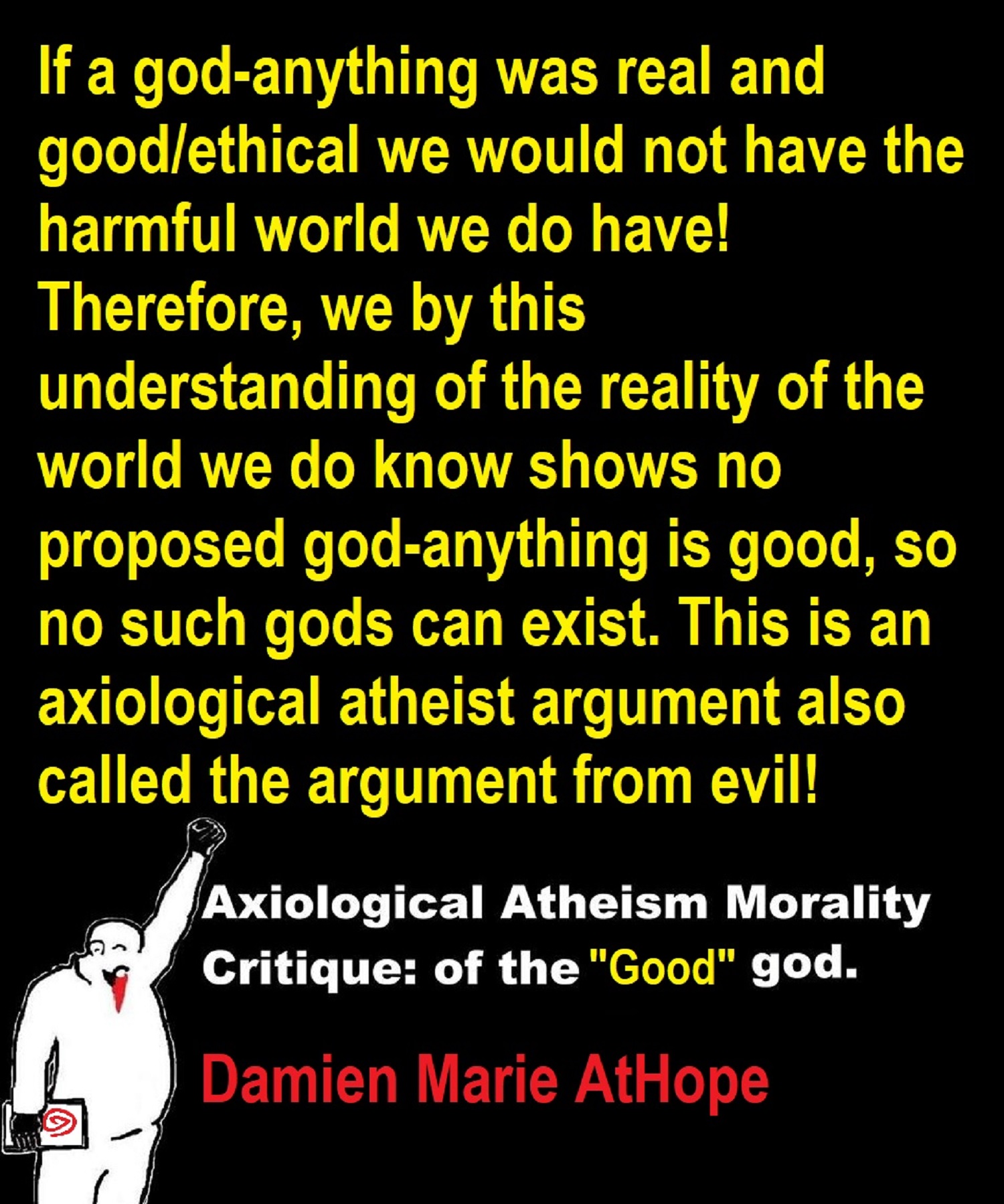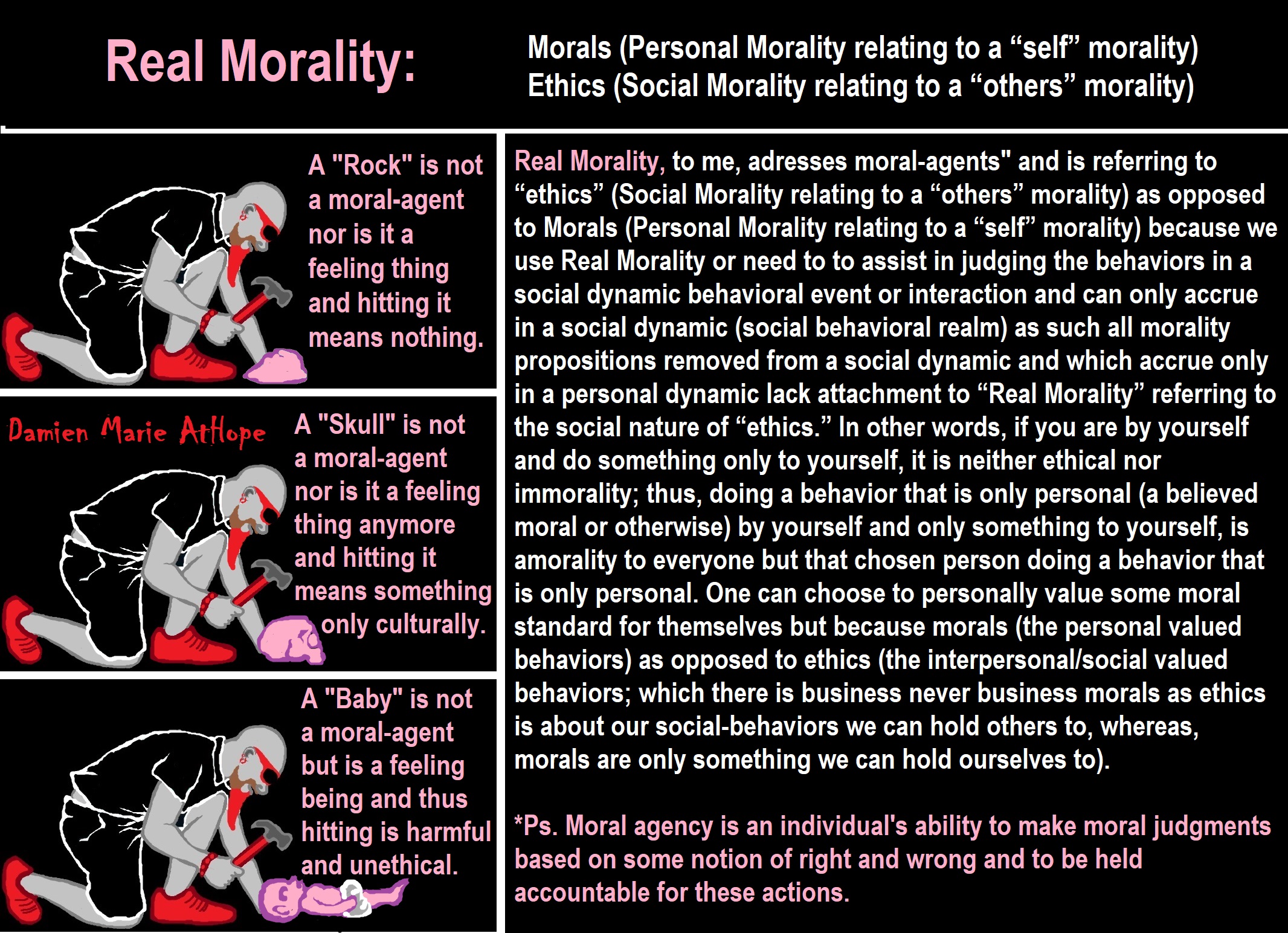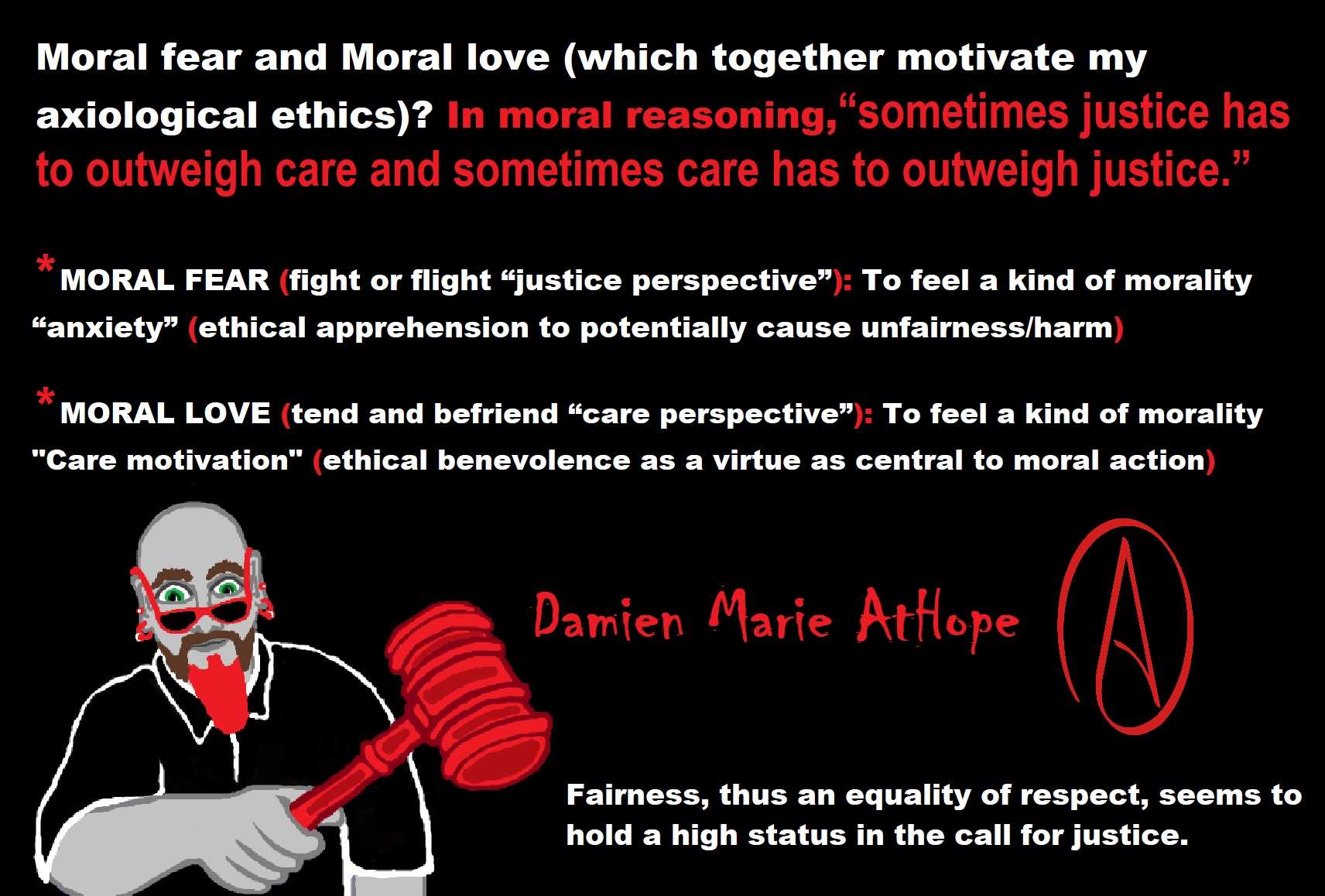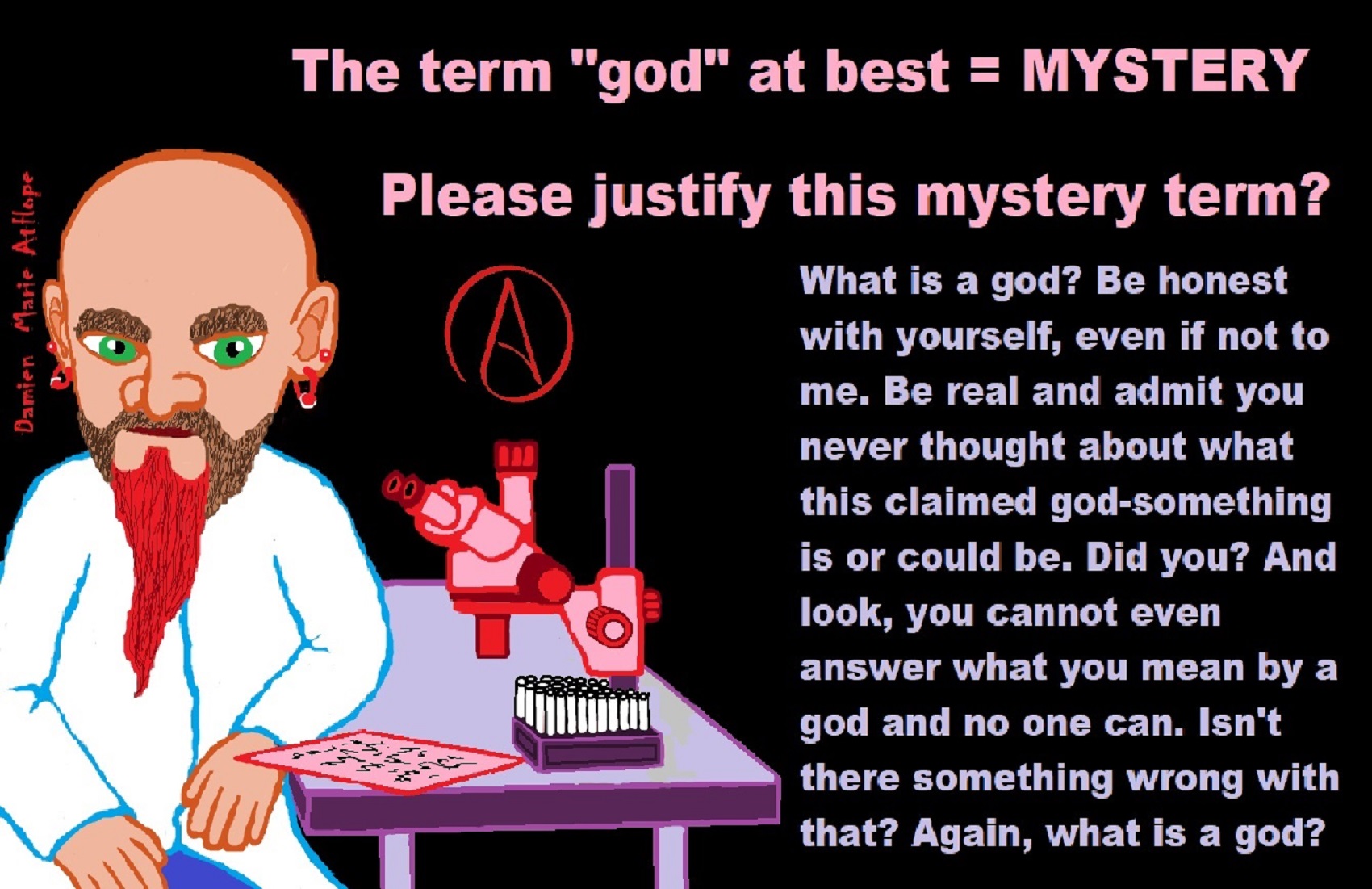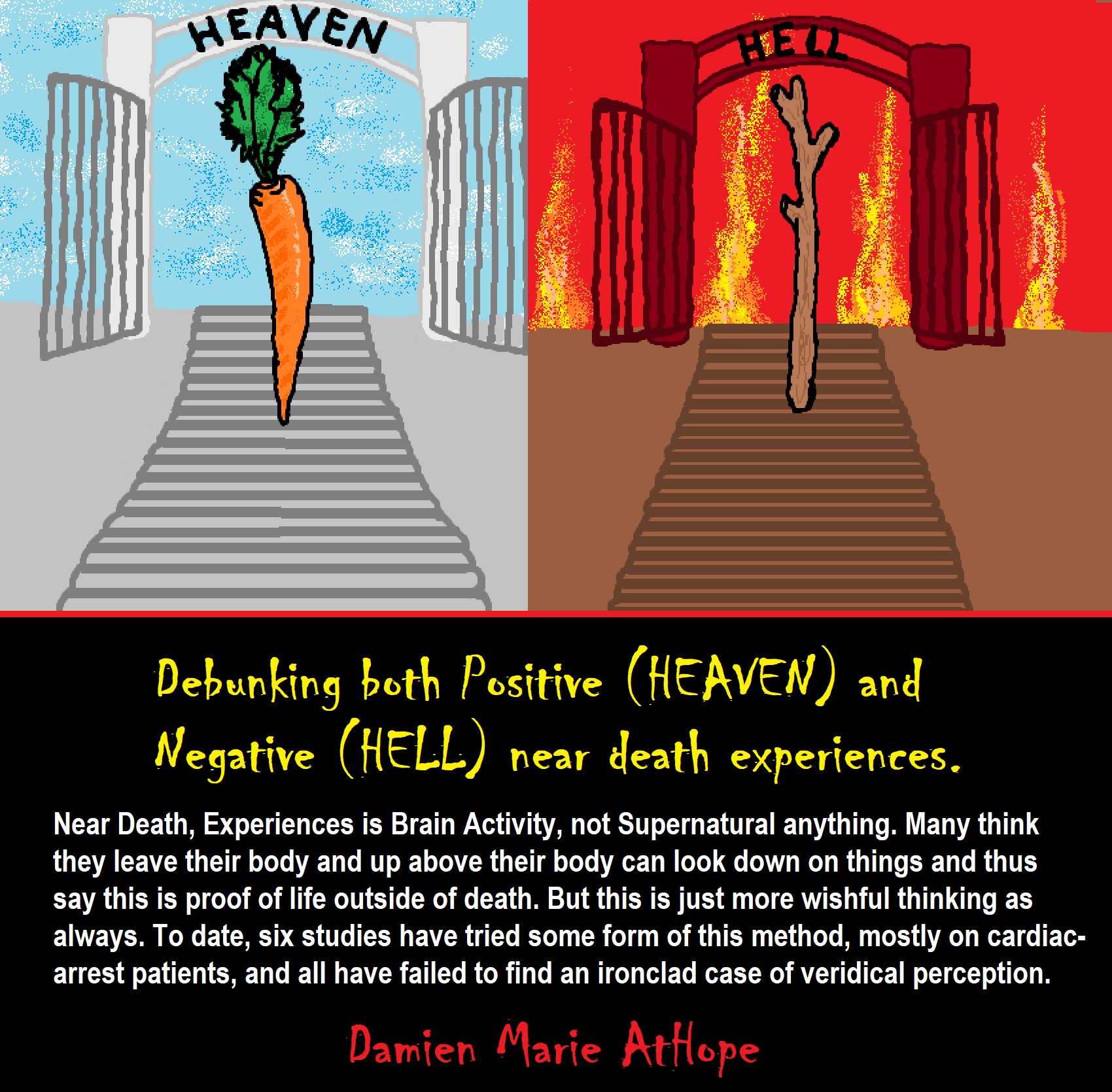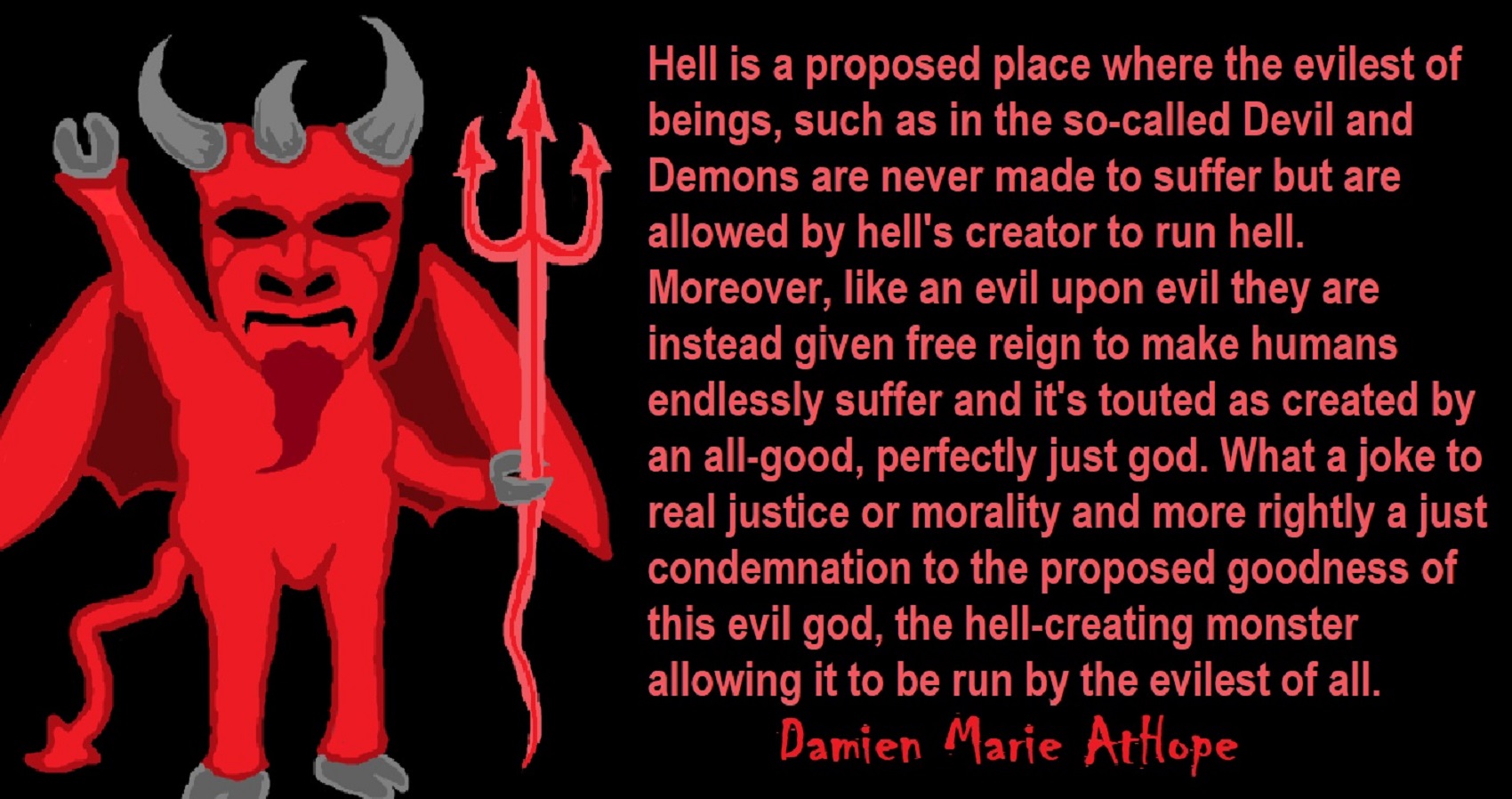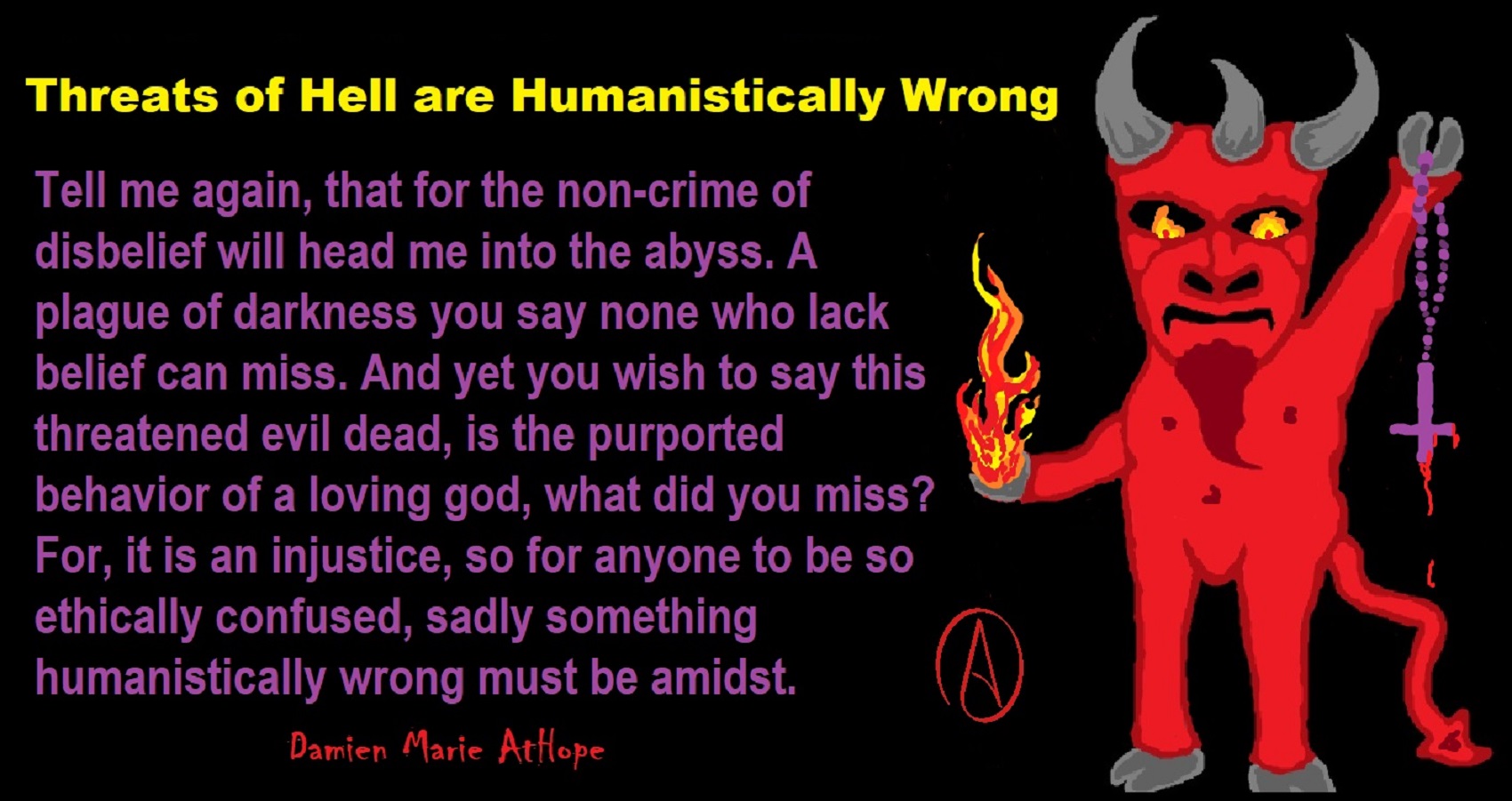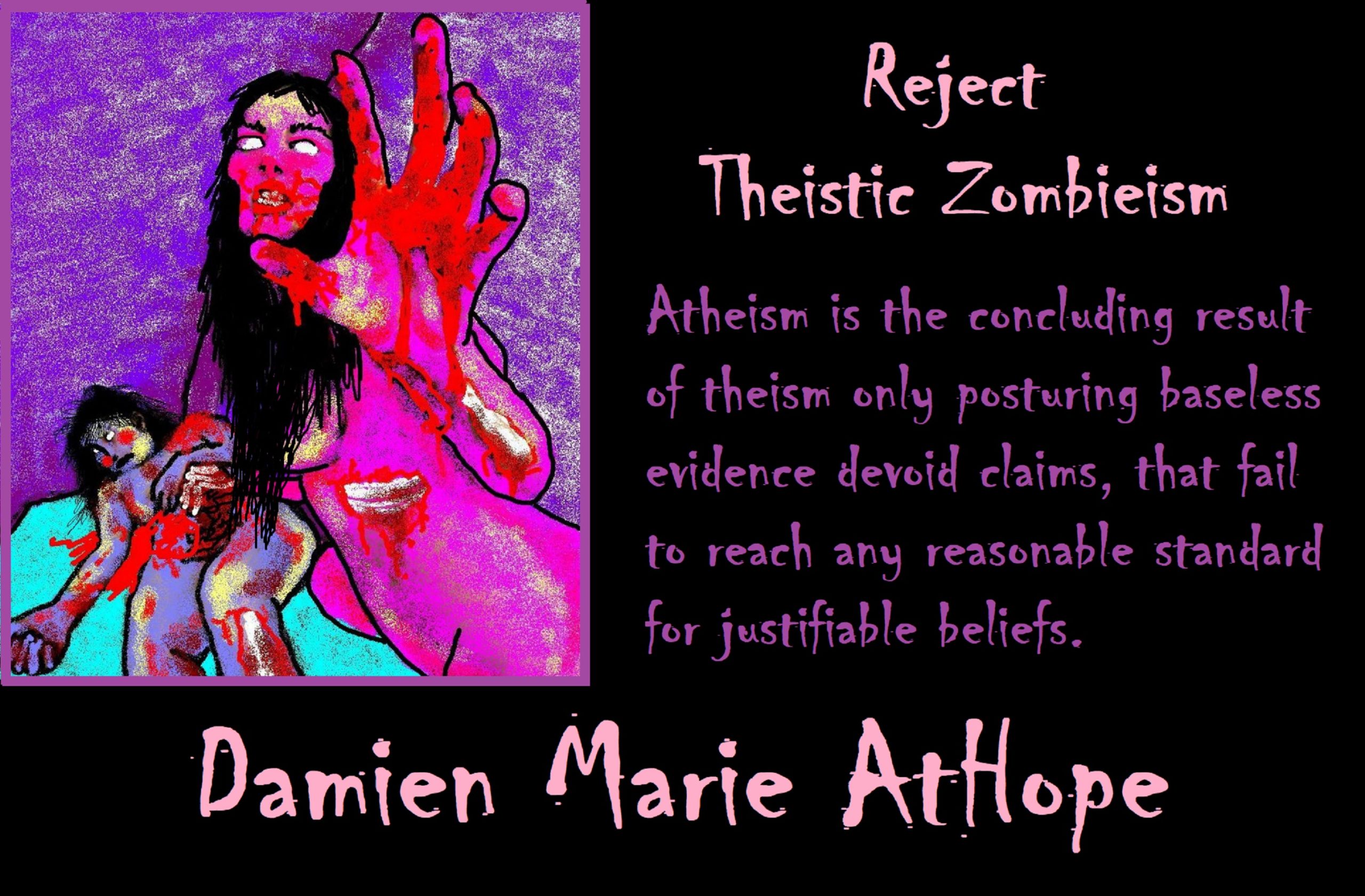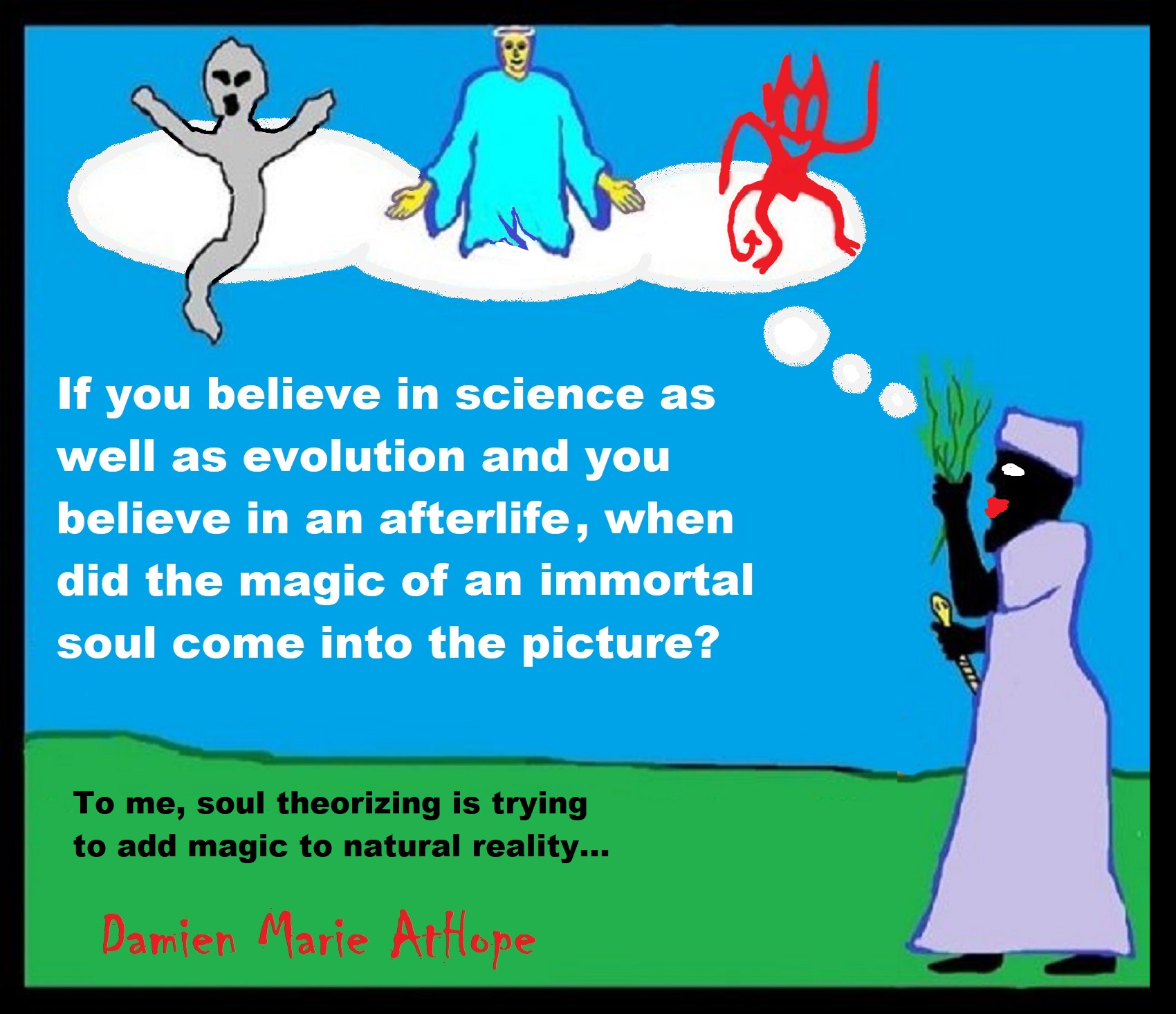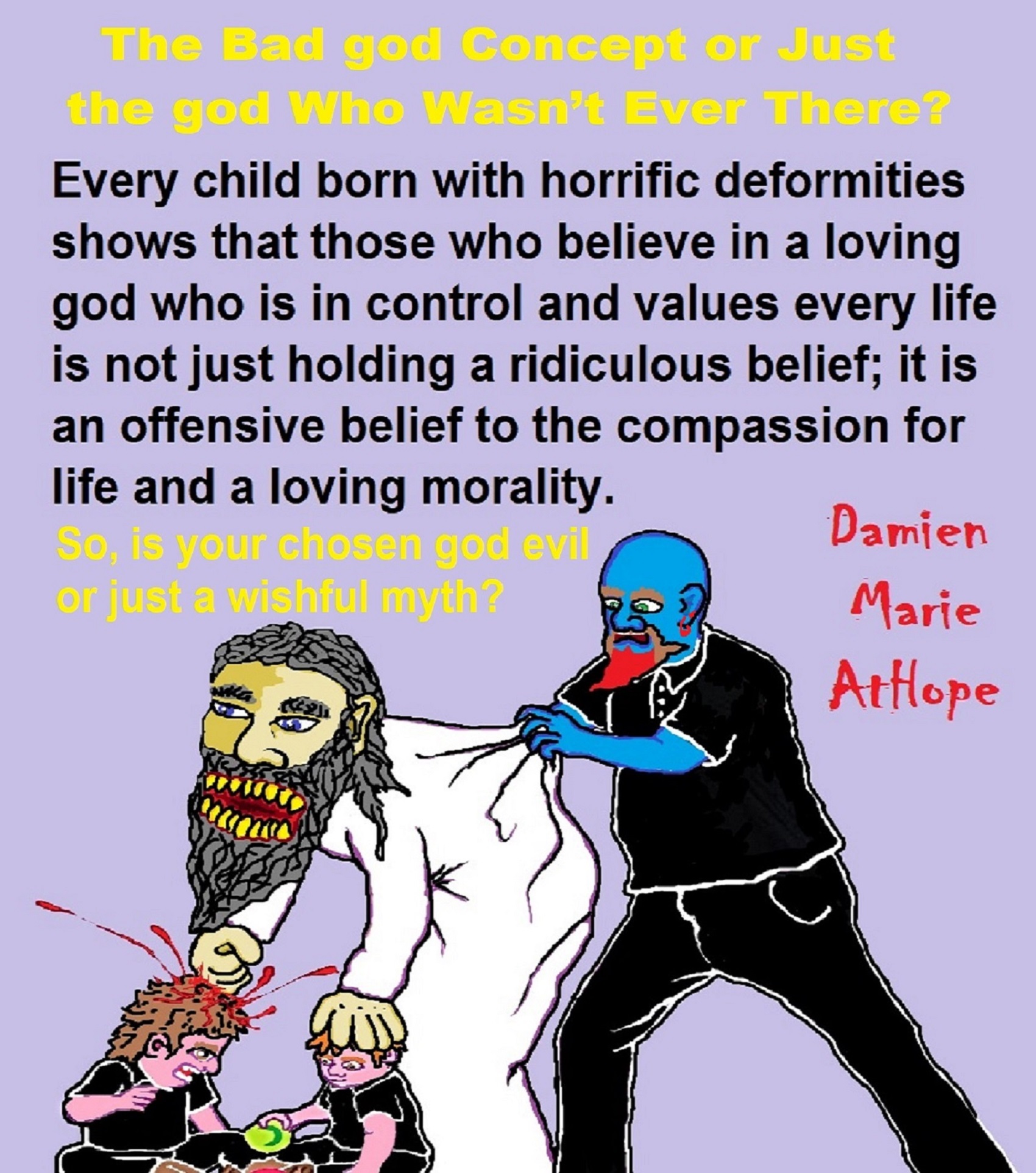
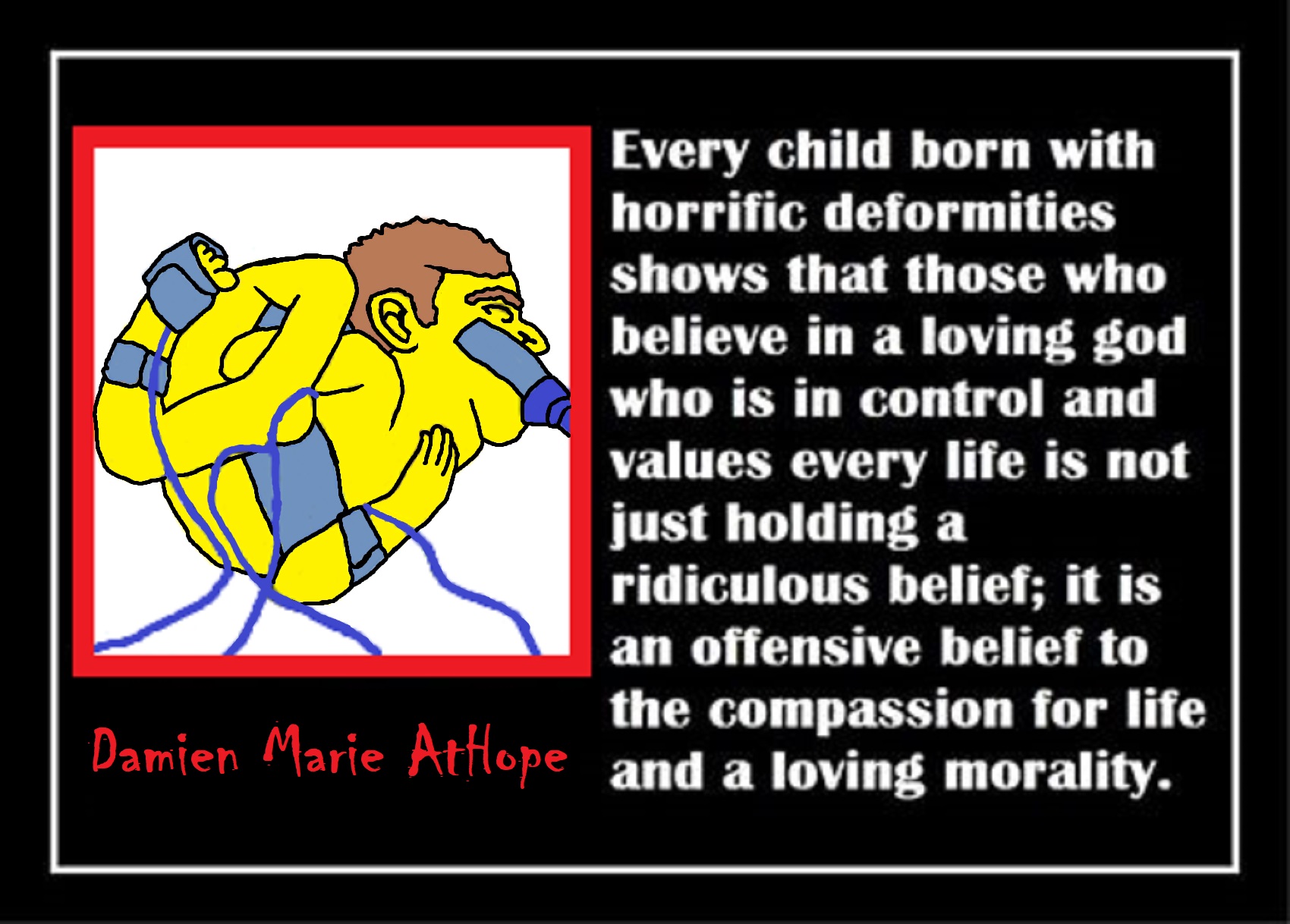
God Originated Mortality, if Such a Thing Existed, Would be Subjective
Belief in god is touted by its believers, as giving them an objective morality, as it comes from claimed perfect god. However, this is in fact the opposite as adding the claimed criteria of god-originated mortality would then be subjective at best, if we accept the hypothetical claim of god.
So, let us address the meaning of objective (of a person or their judgment) not influenced by personal feelings or opinions in considering and representing facts. God originated mortality would be influenced by the hypothetical god’s personal feelings or opinions thus would have to be subjective and never be able to be an objective morality if it was limited to god.
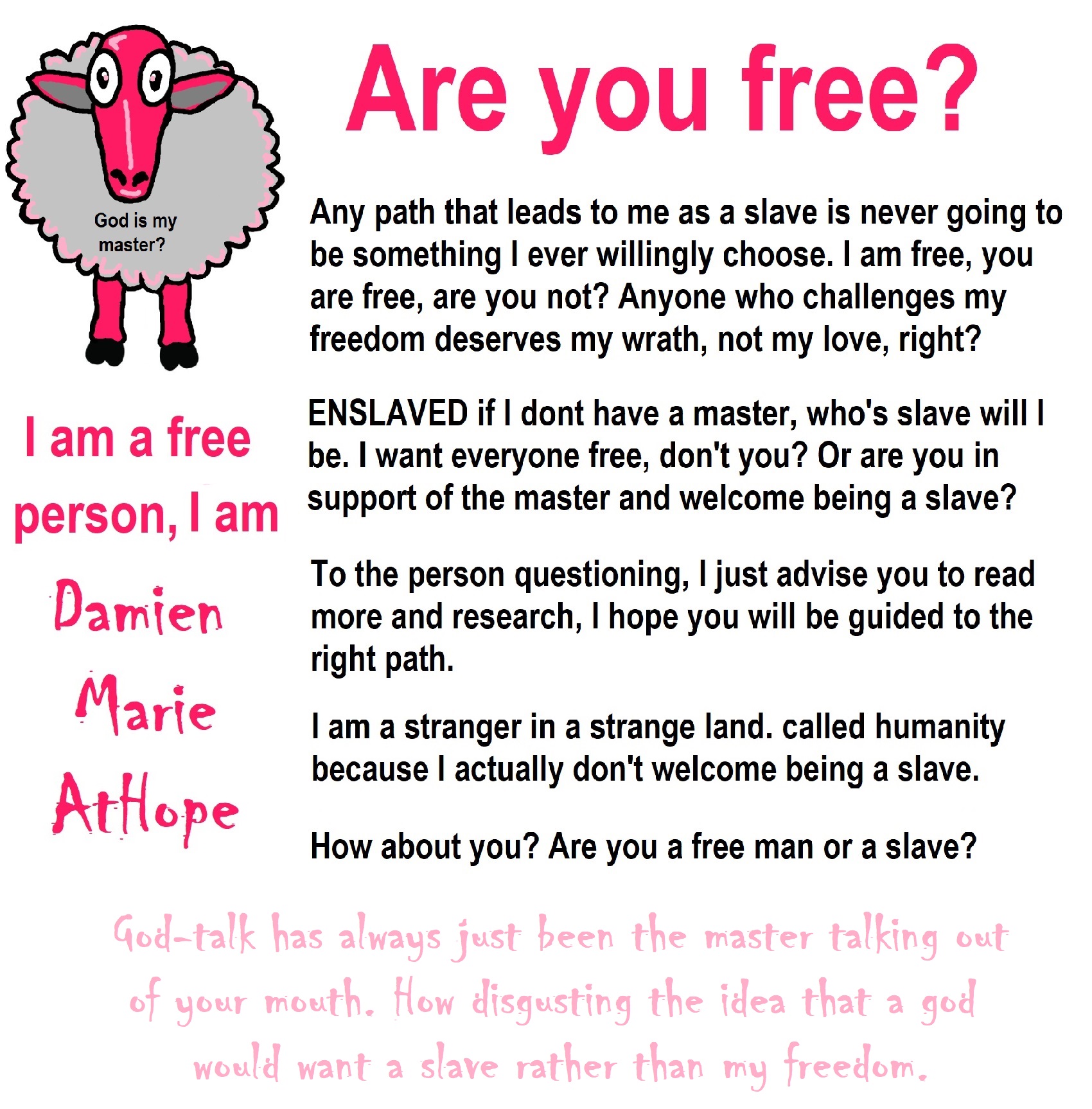
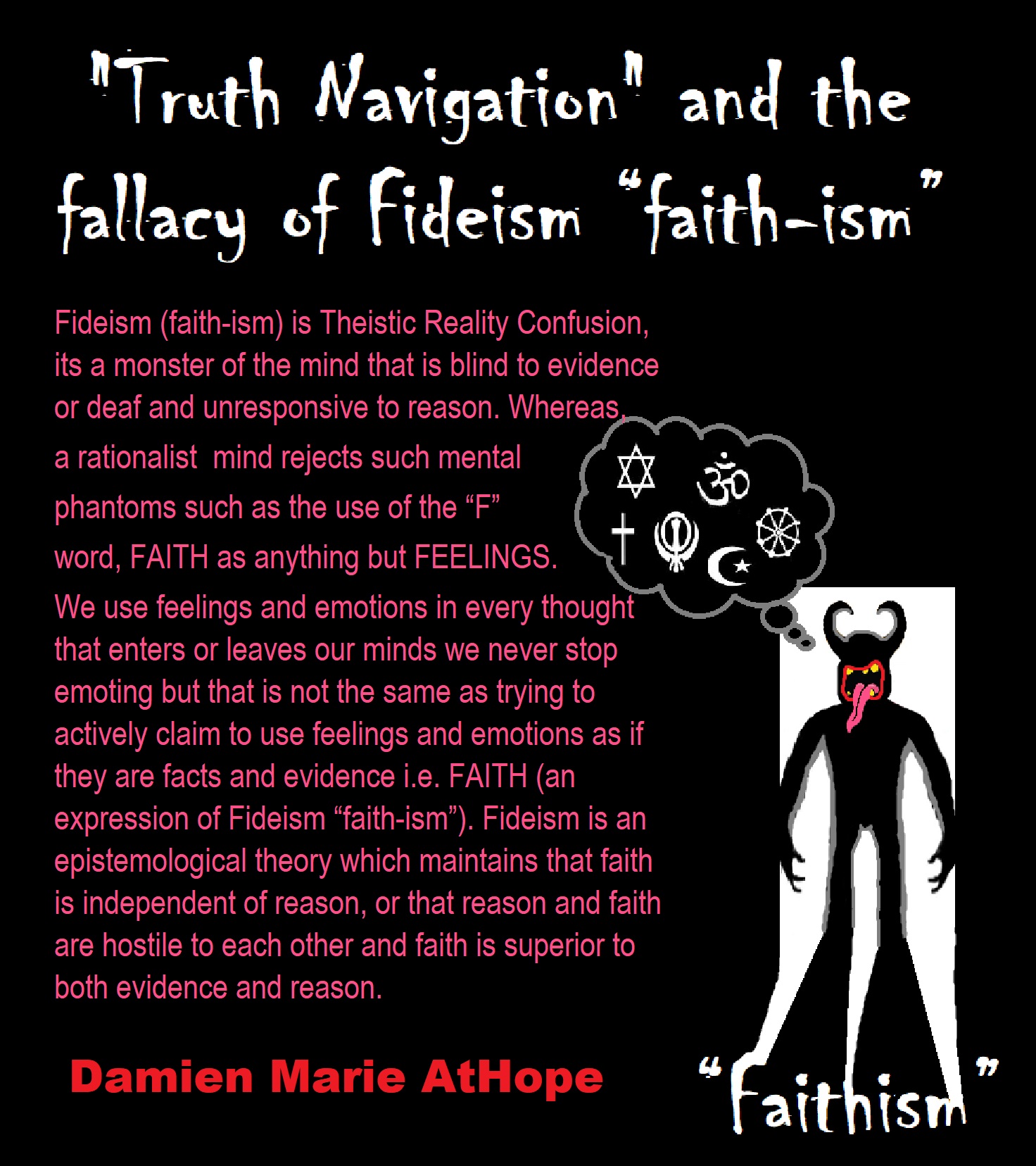
God Morality: “Divine command theory”
“Divine command theory (also known as theological voluntarism) is a meta-ethical theory which proposes that an action’s status as morally good is equivalent to whether it is commanded by God. The theory asserts that what is moral is determined by God’s commands and that for a person to be moral he is to follow God’s commands. Followers of both monotheistic and polytheistic religions in ancient and modern times have often accepted the importance of God’s commands in establishing morality.” ref
“Numerous variants of the theory have been presented: historically, figures including Saint Augustine, Duns Scotus, William of Ockham, and Søren Kierkegaard have presented various versions of divine command theory; more recently, Robert Merrihew Adams has proposed a “modified divine command theory” based on the omnibenevolence of God in which morality is linked to human conceptions of right and wrong. Paul Copan has argued in favor of the theory from a Christian viewpoint, and Linda Trinkaus Zagzebski‘s divine motivation theory proposes that God’s motivations, rather than commands, are the source of morality.” ref
“Semantic challenges to divine command theory have been proposed; the philosopher William Wainwright argued that to be commanded by God and to be morally obligatory do not have an identical meaning, which he believed would make defining obligation difficult. He also contended that, as knowledge of God is required for morality by divine command theory, atheists and agnostics could not be moral; he saw this as a weakness of the theory. Others have challenged the theory on modal grounds by arguing that, even if God’s command and morality correlate in this world, they may not do so in other possible worlds. In addition, the Euthyphro dilemma, first proposed by Plato (in the context of polytheistic Greek religion), presented a dilemma which threatened either to result in the moral arbitrariness of morality itself, or to result in the irrelevance of God to morality. Divine command theory has also been criticized for its apparent incompatibility with the omnibenevolence of God, moral autonomy, and religious pluralism, although some scholars have attempted to defend the theory from these challenges.” ref
“Philosophers including William of Ockham (c. 1287 – 1347), St Augustine (354-430), Duns Scotus (c. 1265 – 1308), and John Calvin (1509-1564) have presented various forms of divine command theory. The theory generally teaches that moral truth does not exist independently of God and that divine commands determine morality. Stronger versions of the theory assert that God’s command is the only reason that a good action is moral, while weaker variations cast divine command as a vital component within a greater reason. The theory asserts that good actions are morally good as a result of divine command, and many religious believers subscribe to some form of divine command theory. Because of these premises, adherents believe that moral obligation is obedience to God’s commands; what is morally right is what God desires.” ref
“Divine command theory features in the ethics of many contemporary religions – including Judaism, Islam, the Baháʼí Faith, and Christianity – as well as featuring in numerous polytheistic religions. In ancient Athens, citizens commonly held that moral truth was tied directly to divine commands, and religious piety was almost equivalent to morality. Although Christianity does not entail divine command theory, people commonly associate the two. DCT can be a plausible theory to Christians because the traditional conception of God as the creator of the universe parallels the idea that he created moral truths. The theory is supported by the Christian view that God is all-powerful because this implies that God creates moral truths, rather than moral truths existing independently of him, which seems inconsistent with his omnipotence.” ref
“Saint Augustine offered a version of divine command theory that began by casting ethics as the pursuit of the supreme good, which delivers human happiness. He argued that to achieve this happiness, humans must love objects that are worthy of human love in the correct manner; this requires humans to love God, which then allows them to correctly love that which is worthy of being loved. Augustine’s ethics proposed that the act of loving God enables humans to properly orient their loves, leading to human happiness and fulfilment. Augustine supported Plato’s view that a well-ordered soul is a desirable consequence of morality. However, unlike Plato, he believed that achieving a well-ordered soul had a higher purpose: living in accordance with God’s commands. His view of morality was thus heteronomous, as he believed in deference to a higher authority (God), rather than acting autonomously.” ref
“Scholastic philosopher John Duns Scotus argued that the only moral obligations that God could not take away from humans involve loving God, as God is, definitionally, the most loveable thing. Scotus argued that the natural law, in the strictest sense, contains only what is self-evidently analytically true and that God could not make these statements false. This means that the commands of natural law do not depend on God’s will, and thus form the first three commandments of the Ten Commandments. The last seven of the Ten Commandments do not belong to the natural law in the strictest sense. Whilst our duties to God are self-evident, true by definition, and unchangeable even by God, our duties to others (found on the second tablet) were arbitrarily willed by God and are within his power to revoke and replace (although, the third commandment, to honor the Sabbath and keep it holy, has a little of both, as we are absolutely obliged to render worship to God, but there is no obligation in natural law to do it on this day or that).” ref
Scotus does note, however, that the last seven commandments
“are highly consonant with [the natural law], though they do not follow necessarily from first practical principles that are known in virtue of their terms and are necessarily known by any intellect [that understands their terms. And it is certain that all the precepts of the second table belong to the natural law in this second way, since their rectitude is highly consonant with first practical principles that are known necessarily.” ref
“Scotus justifies this position with the example of a peaceful society, noting that the possession of private property is not necessary to have a peaceful society, but that “those of weak character” would be more easily made peaceful with private property than without. Hence, the last seven commandments do belong to the natural law, but not in the strictest sense, as they belong to the natural law by rectitude rather than by definition.” ref
“Whilst Aquinas, as a natural law theorist, is generally seen as holding that morality is not willed by God, Kelly James Clark and Anne Poortenga have presented a defence of divine command theory based on Aquinas’ moral theory. Aquinas proposed a theory of natural law which asserted that something is moral if it works towards the purpose of human existence, and so human nature can determine what is moral. Clark and Poortenga argued that God created human nature and thus commanded a certain morality; hence he cannot arbitrarily change what is right or wrong for humans.” ref
“The deontological ethics of Immanuel Kant has been cast as rejecting divine command theory by several figures, among whom is ethicist R. M. Hare. Kant’s view that morality should be determined by the categorical imperative – duty to the moral law, rather than acting for a specific end – has been viewed as incompatible with divine command theory. Philosopher and theologian John E. Hare has noted that some philosophers see divine command theory as an example of Kant’s heteronomous will – motives besides the moral law, which Kant regarded as non-moral. American philosopher Lewis White Beck takes Kant’s argument to be a refutation of the theory that morality depends on divine authority. John E. Hare challenges this view, arguing that Kantian ethics should be seen as compatible with divine command theory.” ref
“American philosopher Robert Merrihew Adams proposes what he calls a “modified divine command theory”. Adams presents the basic form of his theory by asserting that two statements are equivalent:
- It is wrong to do X.
- It is contrary to God’s commands to do X.” ref
“He proposes that God’s commands precede moral truths and must be explained in terms of moral truths, not the other way around. Adams writes that his theory is an attempt to define what being ethically ‘wrong’ consists of and accepts that it is only useful to those within a Judeo-Christian context. In dealing with the criticism that a seemingly immoral act would be obligatory if God commanded it, he proposes that God does not command cruelty for its own sake. Adams does not propose that it would be logically impossible for God to command cruelty, rather that it would be unthinkable for him to do so because of his nature. Adams emphasises the importance of faith in God, specifically faith in God’s goodness, as well as his existence.” ref
“Adams proposes that an action is morally wrong if and only if it defies the commands of a loving God. If cruelty was commanded, he would not be loving; Adams argued that, in this instance, God’s commands would not have to be obeyed and also that his theory of ethical wrongness would break down. He proposed that divine command morality assumes that human concepts of right and wrong are met by God’s commands and that the theory can only be applied if this is the case. Adams’ theory attempts to counter the challenge that morality might be arbitrary, as moral commands are not based solely on the commands of God, but are founded on his omnibenevolence. It attempts to challenge the claim that an external standard of morality prevents God from being sovereign by making him the source of morality and his character the moral law.” ref
“Adams proposes that in many Judeo-Christian contexts, the term ‘wrong’ is used to mean being contrary to God’s commands. In ethical contexts, he believes that ‘wrong’ entails an emotional attitude against an action and that these two uses of wrongness usually correlate. Adams suggests that a believer’s concept of morality is founded in their religious belief and that right and wrong are tied to their belief in God; this works because God always commands what believers accept to be right. If God commanded what a believer perceived as wrong, the believer would not say it is right or wrong to disobey him; rather their concept of morality would break down.” ref
“Michael Austin writes that an implication of this modified divine command theory is that God cannot command cruelty for its own sake; this could be argued to be inconsistent with God’s omnipotence. Thomas Aquinas argued that God’s omnipotence should be understood as the ability to do all things that are possible: he attempted to refute the idea that God’s inability to perform illogical actions challenges his omnipotence. Austin contends that commanding cruelty for its own sake is not illogical, so is not covered by Aquinas’ defence, although Aquinas had argued that sin is the falling short of a perfect action and thus not compatible with omnipotence.” ref
“Paul Copan argues from a Christian viewpoint that man, made in God’s image, conforms to God’s sense of morality. The description of actions as right or wrong are therefore relevant to God; a person’s sense of what is right or wrong corresponds to God’s.
We would not know goodness without God’s endowing us with a moral constitution. We have rights, dignity, freedom, and responsibility because God has designed us this way. In this, we reflect God’s moral goodness as His image-bearers. — Paul Copan, Passionate Conviction: Contemporary Discourses on Christian Apologetics” ref
“As an alternative to divine command theory, Linda Zagzebski has proposed divine motivation theory, which still fits into a monotheistic framework. According to this theory, goodness is determined by God’s motives, rather than by what he commands. Divine motivation theory is similar to virtue ethics because it considers the character of an agent, and whether they are in accordance with God’s, as the standard for moral value. Zagzebski argues that things in the world have objective moral properties, such as being lovable, which are given to them through God’s perception of them. God’s attitude towards something is cast as a morally good attitude. The theory casts God as a good example for morality, and humans should imitate his virtues as much as is possible for finite, imperfect beings.” ref
Objections to Divine Command Theory
Semantic objections
“Philosopher William Wainwright considered a challenge to the theory on semantic grounds, arguing that “being commanded by God” and “being obligatory” do not mean the same thing, contrary to what the theory suggests. He used the example of water not having an identical meaning to H2O to propose that “being commanded by God” does not have an identical meaning to “being obligatory”. This was not an objection to the truth of divine command theory, but Wainwright believed it demonstrated that the theory should not be used to formulate assertions about the meaning of obligation.” ref
“Wainwright also noted that divine command theory might imply that one can only have moral knowledge if one has knowledge of God; Edward Wierenga argued that, if this is the case, the theory seems to deny atheists and agnostics moral knowledge. Hugh Storer Chandler has challenged the theory based on modal ideas of what might exist in different worlds. He suggested that, even if one accepts that being commanded by God and being morally right are the same, they may not be synonyms because they might be different in other possible worlds.” ref
Moral motivation
“Michael Austin has noted that divine command theory could be criticized for prompting people to be moral with impure motivations. He writes of the objection that a moral life should be sought because morality is valued, rather than to avoid punishment or receive a reward. This punishment and reward system of motivation could be seen as inadequate.” ref
Euthyphro dilemma: Euthyphro dilemma
“The Euthyphro dilemma was proposed in Plato’s dialogue between Socrates and Euthyphro. In the scene, Socrates and Euthyphro are discussing the nature of piety when Socrates presents the dilemma, which can be presented as the question ‘Is X good because God commands it, or does God command X because it is good?’ Is the pious loved by the gods because it is pious, or is it pious because it is loved by the gods? — Plato, Euthyphro” ref
“The Euthyphro dilemma can elicit the response that an action is good because God commands the action, or that God commands an action because it is good. If the first is chosen, it would imply that whatever God commands must be good: even if he commanded someone to inflict suffering, then inflicting suffering must be moral. If the latter is chosen, then morality is no longer dependent on God, defeating the divine command theory. Additionally, if God is subject to an external law, he is not sovereign or omnipotent, which would challenge the orthodox conception of God. Proponents of the Euthyphro dilemma might claim that divine command theory is obviously wrong because either answer challenges the ability of God to give moral laws.” ref
William of Ockham responded to the Euthyphro Dilemma by ‘biting the bullet‘. He argued that, if God did command people to be cruel, then that would be morally obligatory, proposing that the only limitation to what God can make obligatory is the principle of non-contradiction. Robert Adams defended Ockham’s view, noting that it is only a logical possibility that God would command what we consider to be immoral, not an actuality. Even if God could logically command these actions, he would not because that is not his character. Eleonore Stump and Norman Kretzmann have responded to the Euthyphro dilemma by appealing to the doctrine of divine simplicity, a concept associated with Aquinas and Aristotle which suggests that the substance and attributes of God are identical. They propose that God and goodness are identical and that this is what makes his commands good.” ref
“American philosopher William Alston responded to the Euthyphro dilemma by considering what it means for God to be morally good. If divine command theory is accepted, it implies that God is good because he obeys his own commands; Alston argued that this is not the case and that God’s goodness is distinct from abiding by moral obligations. He suggested that a moral obligation implies that there is some possibility that the agent may not honor their obligation; Alston argued that this possibility does not exist for God, so his morality must be distinct from simply obeying his own commands. Alston contended that God is the supreme standard of morality and acts according to his character, which is necessarily good. There is no more arbitrariness in this view than accepting another moral standard.” ref
Omnibenevolence
“Gottfried Wilhelm Leibniz, and some more recent philosophers, challenged the theory because it seems to entail that God’s goodness consists of his following his own commands. It is argued that, if divine command theory is accepted, God’s obligations would be what he commanded himself to do; the concept of God commanding himself is seen as incoherent. Neither could God hold any virtues, as a virtue would be the disposition to follow his own commands – if he cannot logically command himself, then he cannot logically have any virtues. Edward Wierenga counters this by claiming that whatever God chooses to do is good, but that his nature means that his actions would always be praiseworthy. William Wainwright argues that, although God does not act because of his commands, it is still logical to say that God has reasons for his actions. He proposes that God is motivated by what is morally good and, when he commands what is morally good, it becomes morally obligatory.” ref
Autonomy
“Michael Austin draws attention to an objection from autonomy, which argues that morality requires an agent to freely choose which principles they live by. This challenges the view of divine command theory that God’s will determines what is good because humans are no longer autonomous, but followers of an imposed moral law, making autonomy incompatible with divine command theory. Robert Adams challenges this criticism, arguing that humans must still choose to accept or reject God’s commands and rely on their independent judgment about whether or not to follow them.” ref
Pluralism
“Austin considers the view that, in a world of religious pluralism, it is impossible to know which god’s or religion’s commands should be followed, especially because some religions contradict others, leaving it impossible to accept all of them. Within religions there are also various interpretations of what is commanded. Austin notes that some of the responses to the autonomy objection may be relevant, as an agent must choose whichever religion and morality they judge to be correct. He argues that divine command theory is also consistent with the view that moral truths can be found in all religions and that moral revelation can be found apart from religion.” ref
“Heimir Geirsson and Margaret Holmgren argue against the view that different religions can lead to the same God because some religions are incompatible with each other (monotheistic and polytheistic religions have contrasting views of divinity, for example, and some Greek or Norse gods magnified human weaknesses). They argue that determining which god should be listened to remains a problem and that, even within a religion, contrasting views of God exist – the commands of God in the Old and New Testaments could seem to contradict each other.” ref
See also
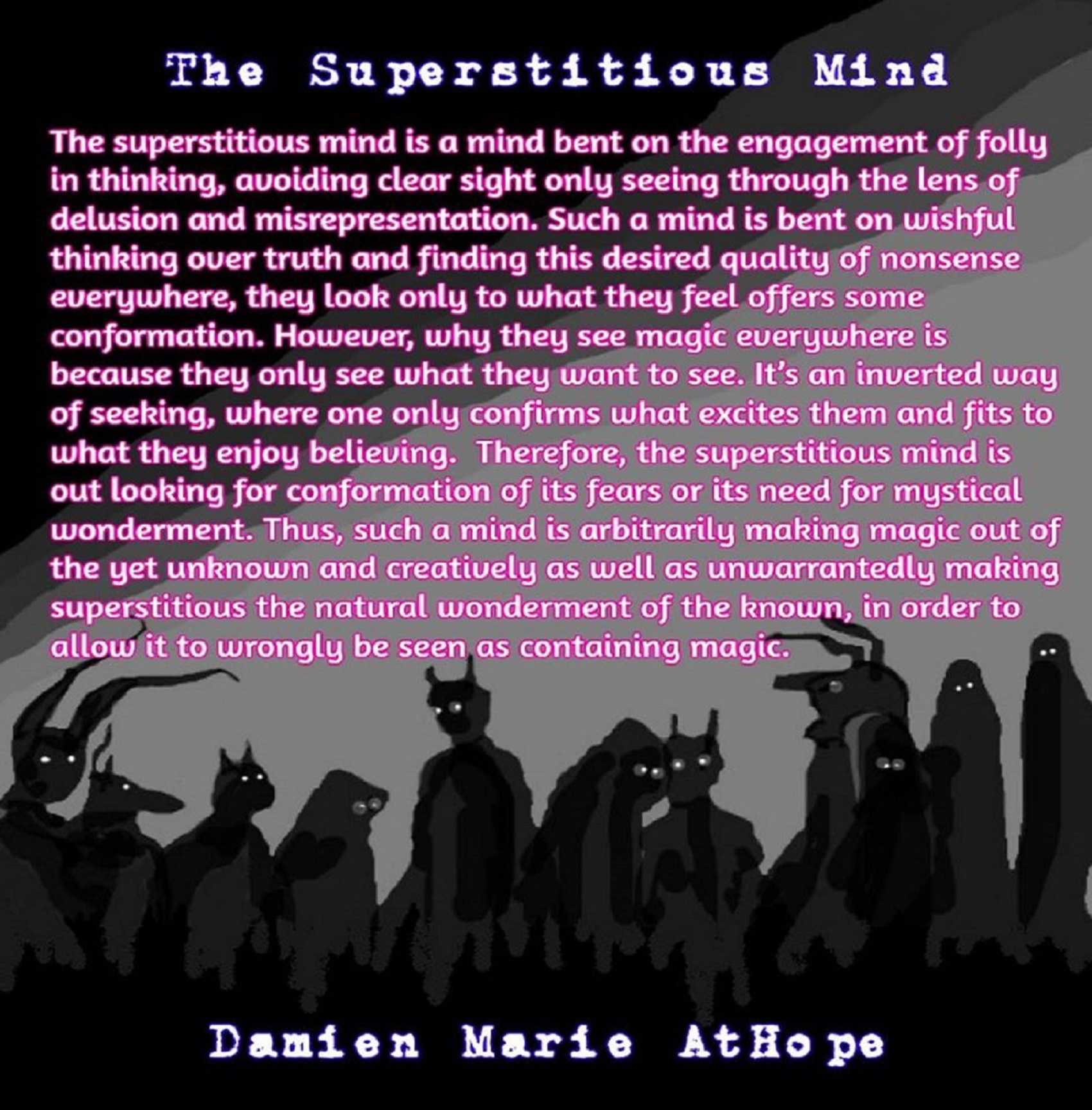
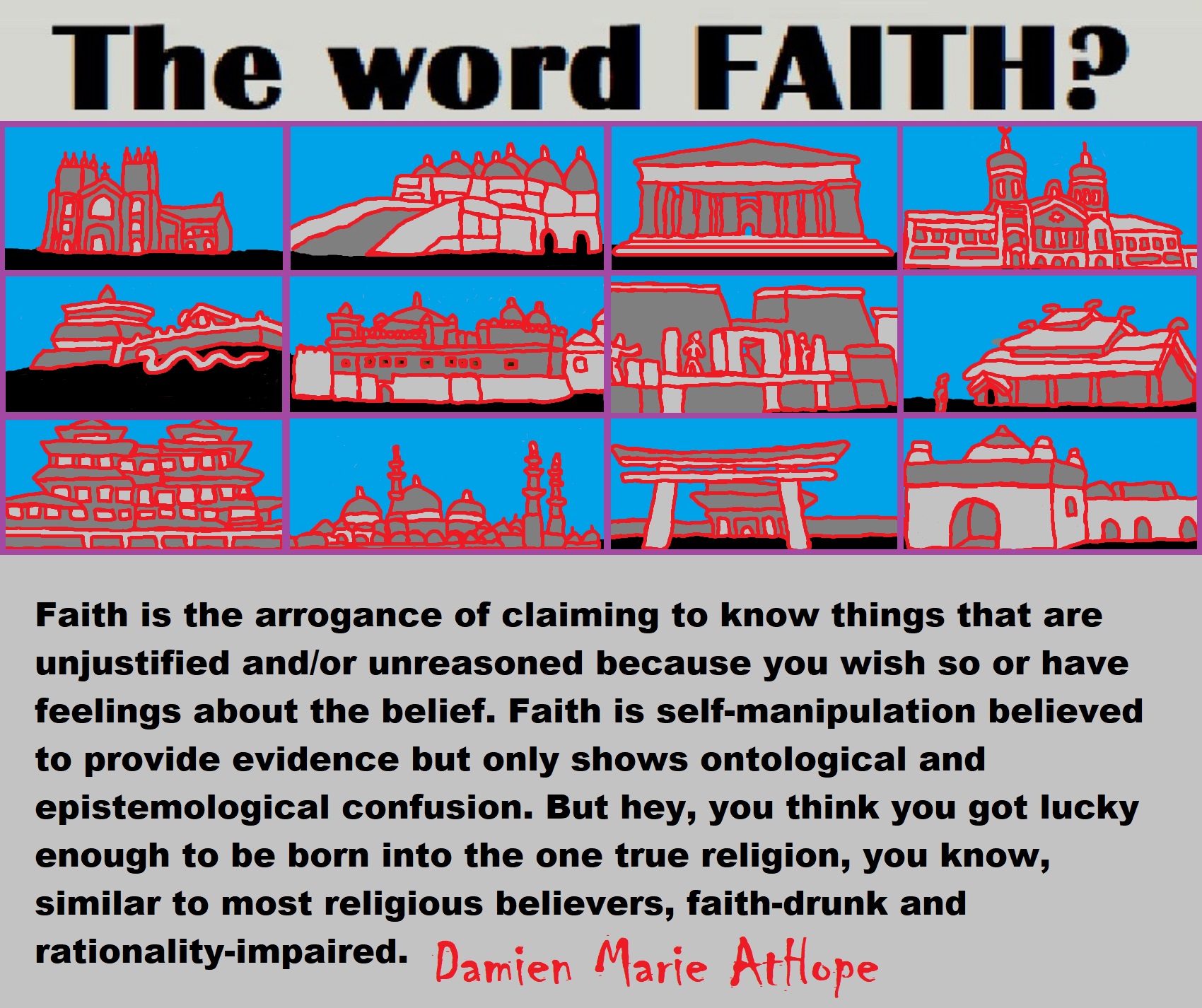

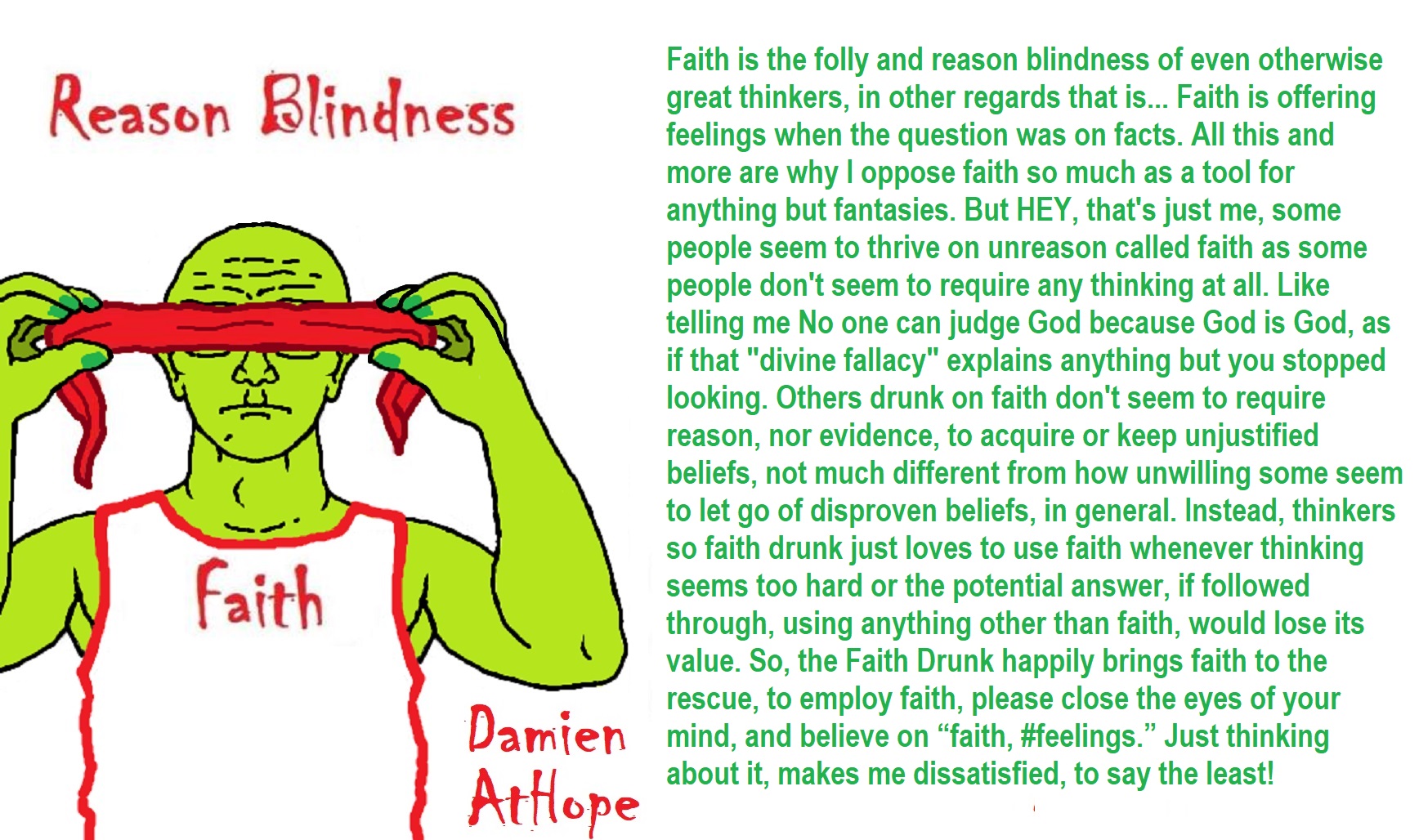
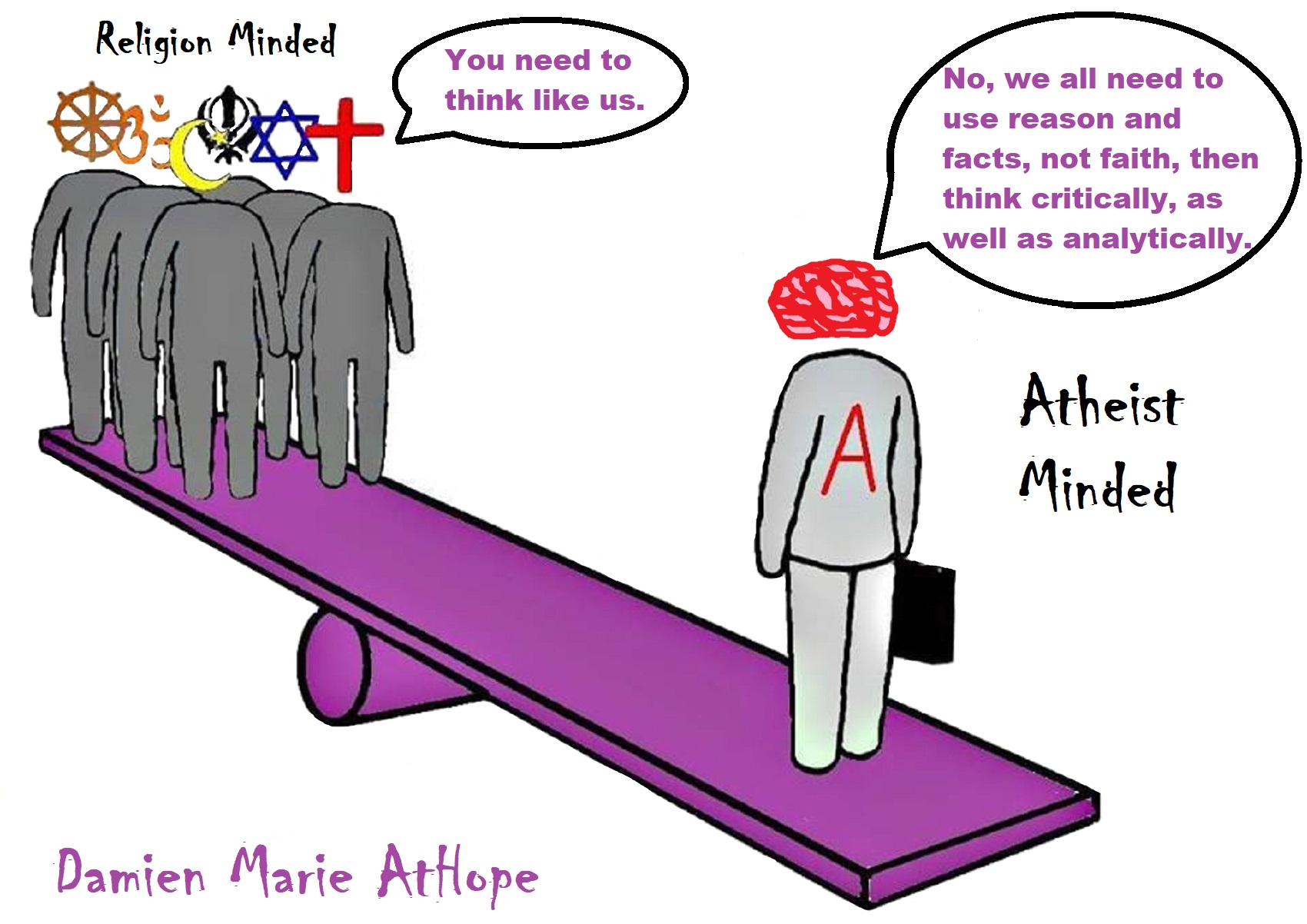
Fideism (Faithism)
“Fideism is an epistemological theory which maintains that faith is independent of reason, or that reason and faith are hostile to each other and faith is superior at arriving at particular truths (see natural theology). The word fideism comes from fides, the Latin word for faith, and literally means “faith-ism“. Philosophers have identified a number of different forms of fideism.” ref
“Theologians and philosophers have responded in various ways to the place of faith and reason in determining the truth of metaphysical ideas, morality, and religious beliefs. A fideist is one who argues for fideism. Historically, fideism is most commonly ascribed to four philosophers: Blaise Pascal, Søren Kierkegaard, William James, and Ludwig Wittgenstein; with fideism being a label applied in a negative sense by their opponents, but which is not always supported by their own ideas and works or followers. A qualified form of fideism is sometimes attributed to Immanuel Kant’s famous suggestion that we must “deny knowledge in order to make room for faith.” ref
“Alvin Plantinga a prominent Christian philosopher, defines “fideism” as “the exclusive or basic reliance upon faith alone, accompanied by a consequent disparagement of reason and utilized especially in the pursuit of philosophical or religious truth”. The fideist, therefore “urges reliance on faith rather than reason, in matters philosophical and religious”, and therefore may go on to disparage the claims of reason. The fideist seeks truth, above all: and affirms that reason cannot achieve certain kinds of truth, which must instead be accepted only by faith.” ref
The doctrine of fideism is consistent with some, and radically contrary to other theories of truth:
- Correspondence theory of truth
- Pragmatic theory of truth
- Constructivist epistemology
- Consensus theory of truth
- Coherence theory of truth
- Subjectivism
Fideism and presuppositional apologetics
“Presuppositional apologetics is a Christian system of apologetics associated mainly with Calvinist Protestantism; it attempts to distinguish itself from fideism. It holds that all human thought must begin with the proposition that the revelation contained in the Bible is axiomatic, rather than transcendentally necessary, else one would not be able to make sense of any human experience (see also epistemic foundationalism). To non-believers who reject the notion that the truth about God, the world, and themselves can be found within the Bible, the presuppositional apologist attempts to demonstrate the incoherence of the epistemic foundations of the logical alternative by the use of what has come to be known as the “Transcendental Argument for God’s existence” (TAG). On the other hand, some presuppositional apologists, such as Cornelius Van Til, believe that such a condition of true unbelief is impossible, claiming that all people actually believe in God (even if only on a subconscious level), whether they admit or deny it. Presuppositional apologetics could be seen as being more closely allied with foundationalism than fideism, though it has sometimes been critical of both.” ref
Criticism of Fideism
“Catholic doctrine rejects fideism. The Catechism of the Catholic Church, representing Catholicism‘s great regard for Thomism, the teachings of St. Thomas Aquinas, affirms that it is a Catholic doctrine that God’s existence can indeed be demonstrated by reason. Aquinas’ position, which is to be distinguished from rationalism, has deep roots in Western Christianity; it goes back to St. Anselm of Canterbury‘s observation that the role of reason was to explain faith more fully: fides quaerens intellectum, “faith seeking understanding”, is his formula.” ref
“The official position of the Catholic Church is that while the existence of the one God can in fact be demonstrated by reason, nevertheless on account of the distortion of human nature caused by the first sin, humans can be deluded to deny the claims of reason that demonstrate God’s existence.” ref
“The Anti-Modernist oath promulgated by Pope Pius X required Catholics to affirm that:
God, the origin and end of all things, can be known with certainty by the natural light of reason from the created world (cf. Rom. 1:20), that is, from the visible works of creation, as a cause from its effects, and that, therefore, his existence can also be demonstrated …” ref
“Similarly, the Catechism of the Catholic Church teaches that:
Though human reason is, strictly speaking, truly capable by its own natural power and light of attaining to a true and certain knowledge of the one personal God, who watches over and controls the world by his providence, and of the natural law written in our hearts by the Creator; yet there are many obstacles which prevent reason from the effective and fruitful use of this inborn faculty. For the truths that concern the relations between God and man wholly transcend the visible order of things, and, if they are translated into human action and influence it, they call for self-surrender and abnegation. The human mind, in its turn, is hampered in the attaining of such truths, not only by the impact of the senses and the imagination, but also by disordered appetites which are the consequences of original sin. So it happens that men in such matters easily persuade themselves that what they would not like to be true is false or at least doubtful. — Catechism of the Catholic Church, ss. 37.” ref
“Pope John Paul II‘s encyclical Fides et Ratio also affirms that God’s existence is in fact demonstrable by reason, and that attempts to reason otherwise are the results of sin. In the encyclical, John Paul II warned against “a resurgence of fideism, which fails to recognize the importance of rational knowledge and philosophical discourse for the understanding of faith, indeed for the very possibility of belief in God.” ref
Fideist currents in Catholic thought
“Historically, there have been a number of fideist strains within the Catholic orbit. Catholic traditionalism, exemplified in the nineteenth century by Joseph de Maistre, emphasized faith in tradition as the means of divine revelation. The claims of reason are multiple, and various people have argued rationally for several contradictory things: in this environment, the safest course is to hold true to the faith that has been preserved through tradition, and to resolve to accept what the Church has historically taught. In his essay Du pape (“On the Pope“), de Maistre argued that it was historically inevitable that all of the Protestant churches would eventually seek reunification and refuge in the Catholic Church: science was the greater threat, it threatened all religious faith, and “no religion can resist science, except one.” ref
“Another refuge of fideist thinking within the Catholic Church is the concept of “signs of contradiction“. According to this belief, the holiness of certain people and institutions is confirmed by the fact that other people contest their claims: this opposition is held to be worthy of comparison to the opposition met by Jesus Christ himself. This opposition and contradiction does not inherently prove something is true in Catholic thought, but only acts an additional possible indication of its truth. The idea of the sign of contradiction is related to the conviction that, while human reason is still operative, the distortion of fallen human nature causes concrete instances of reasoning to grope and often to go astray.” ref
As sin
“Fideism has received criticism from theologians who argue that fideism is not a proper way to worship God. According to this position, if one does not attempt to understand what one believes, one is not really believing. “Blind faith” is not true faith. Notable articulations of this position include: Peter Abelard – Sic et Non and Lord Herbert – De Veritate” ref
As relativism
Some critics argue that fideism can lead to relativism. The existence of other religions puts a fundamental question to fideists—if faith is the only way to know the truth of God, how are we to know which God to have faith in? Fideism alone is not considered an adequate guide to distinguish true or morally valuable revelations from false ones. An apparent consequence of fideism is that all religious thinking becomes equal. The major monotheistic religions become on par with obscure fringe religions, as neither can be advocated or disputed.” ref
A case for reason
“Some critics note that people successfully use reason in their daily lives to solve problems and that reason has led to a progressive increase of knowledge in the sphere of science. This gives credibility to reason and argumentative thinking as a proper method for seeking truth. Galileo Galilei, for example, said that “I do not feel obliged to believe that the same God who has endowed us with sense, reason, and intellect has intended us to forgo their use.” On the other hand, according to these critics, there is no evidence that a religious faith that rejects reason would also serve us while seeking truth.” ref
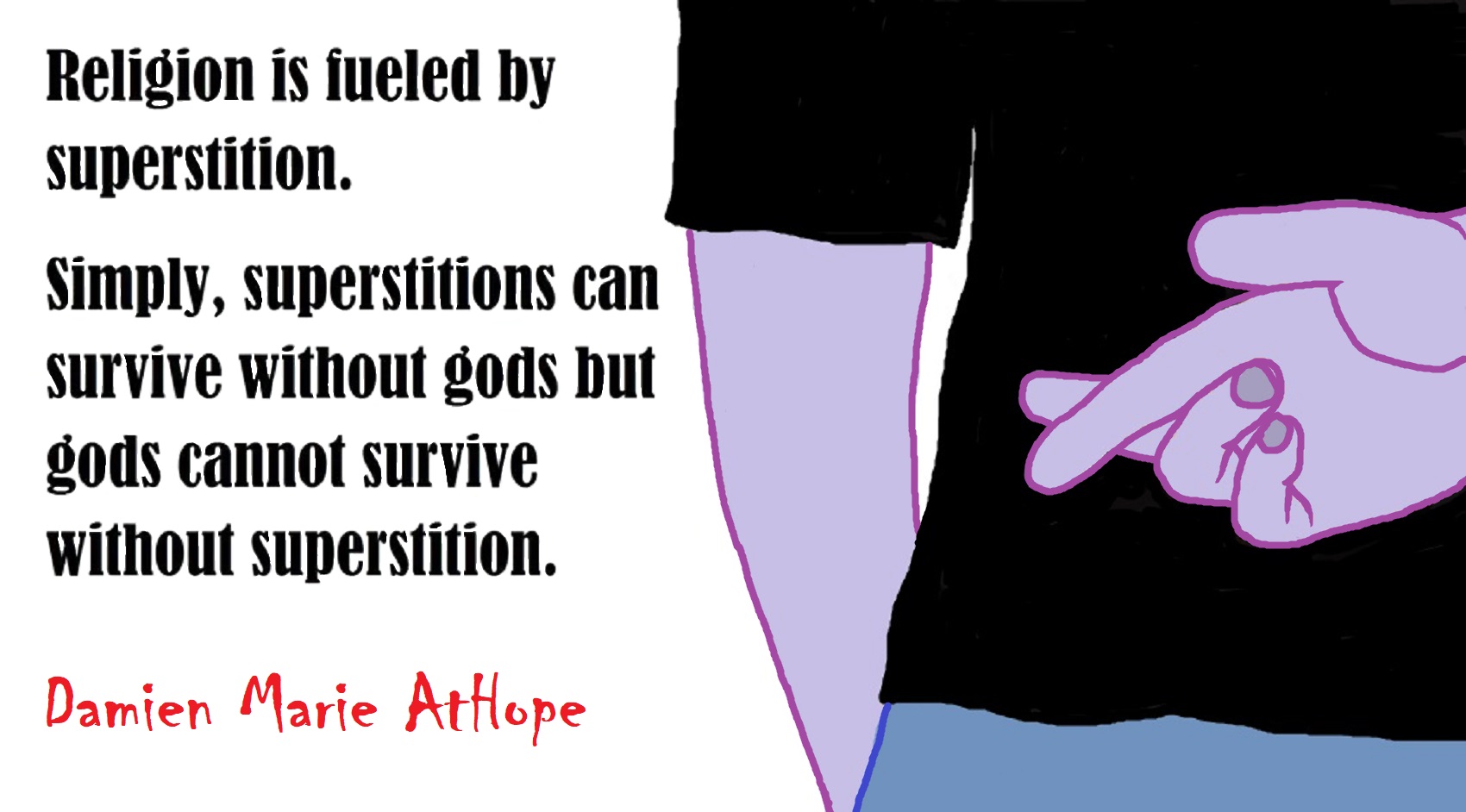
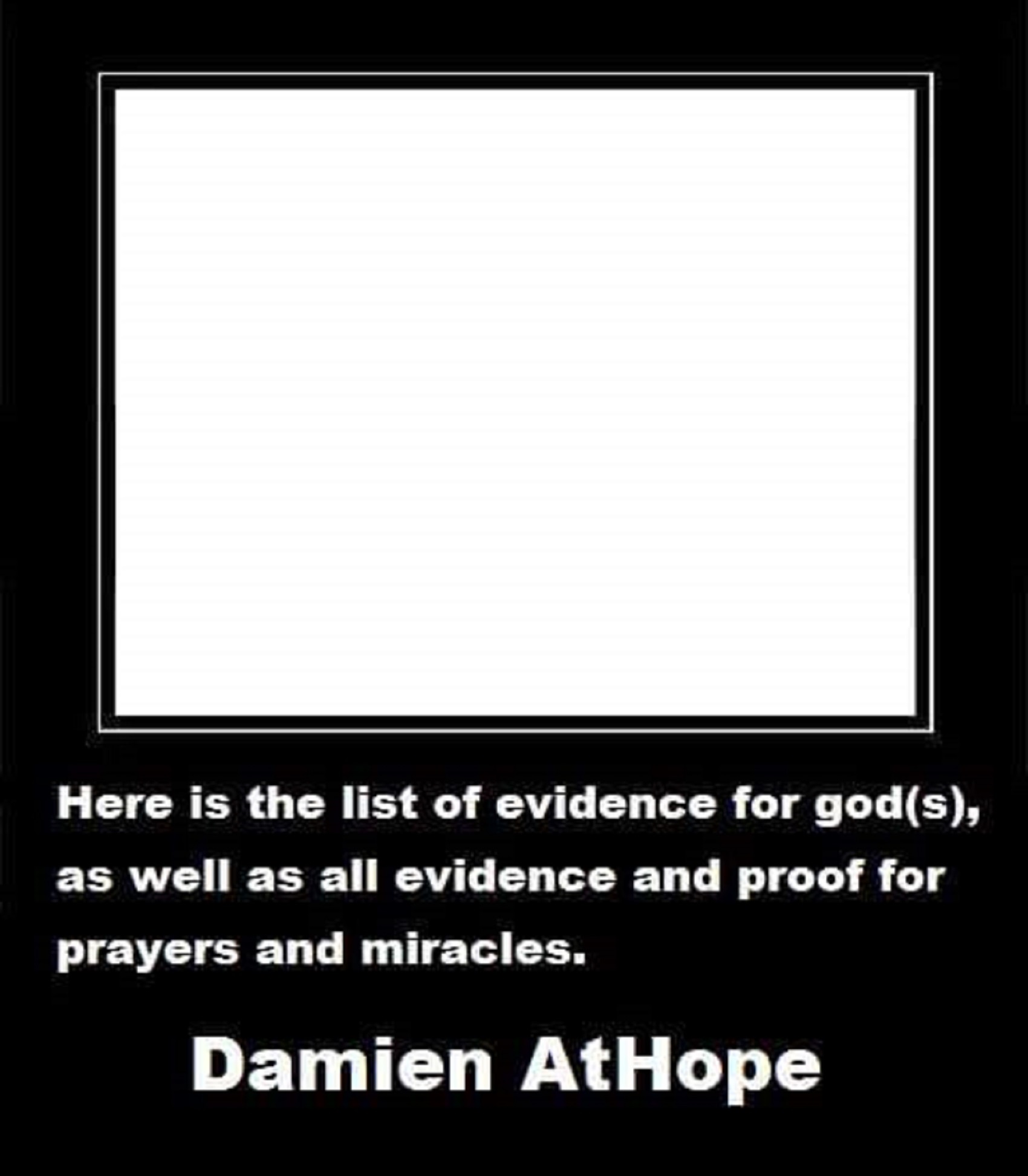

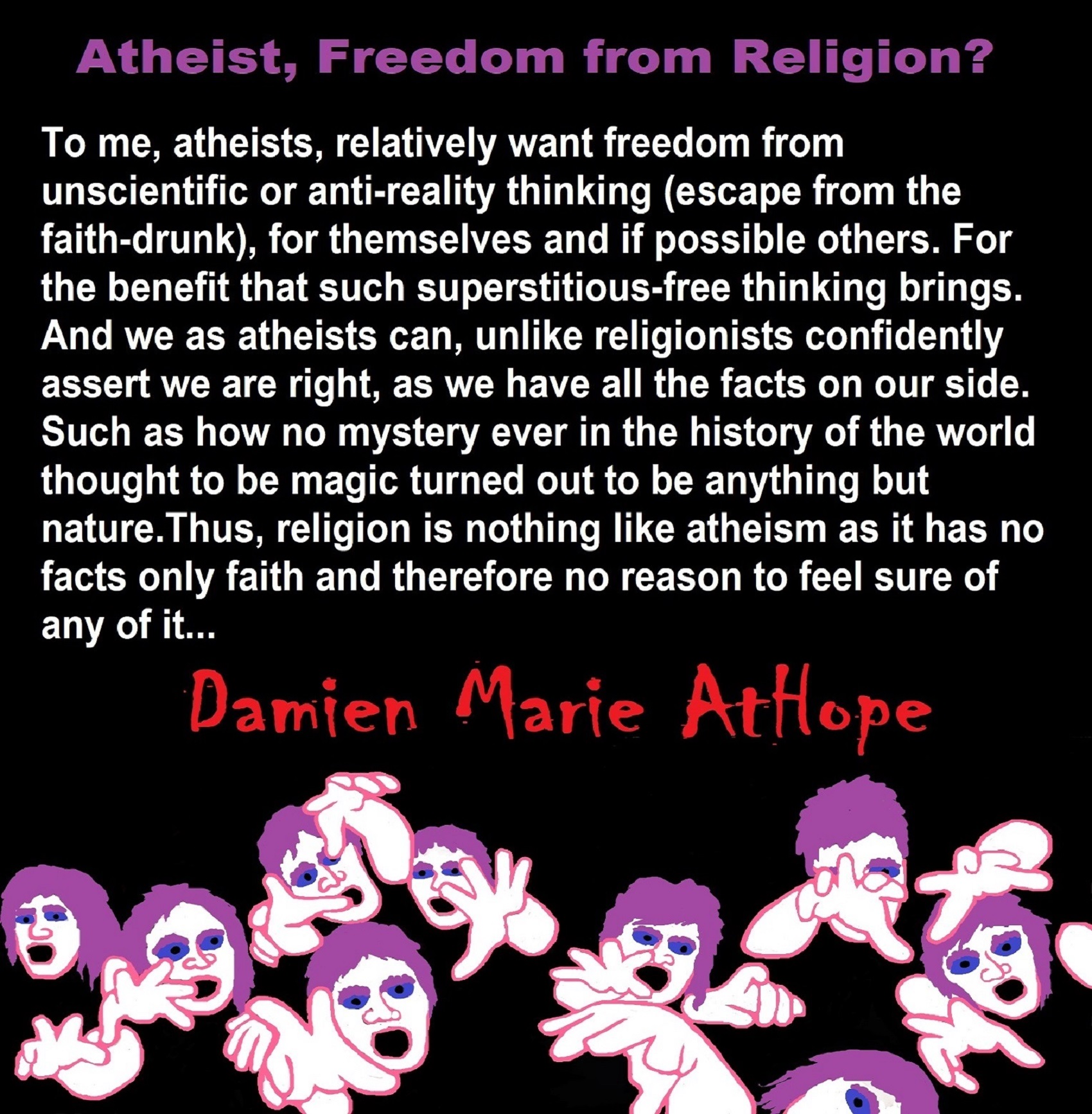
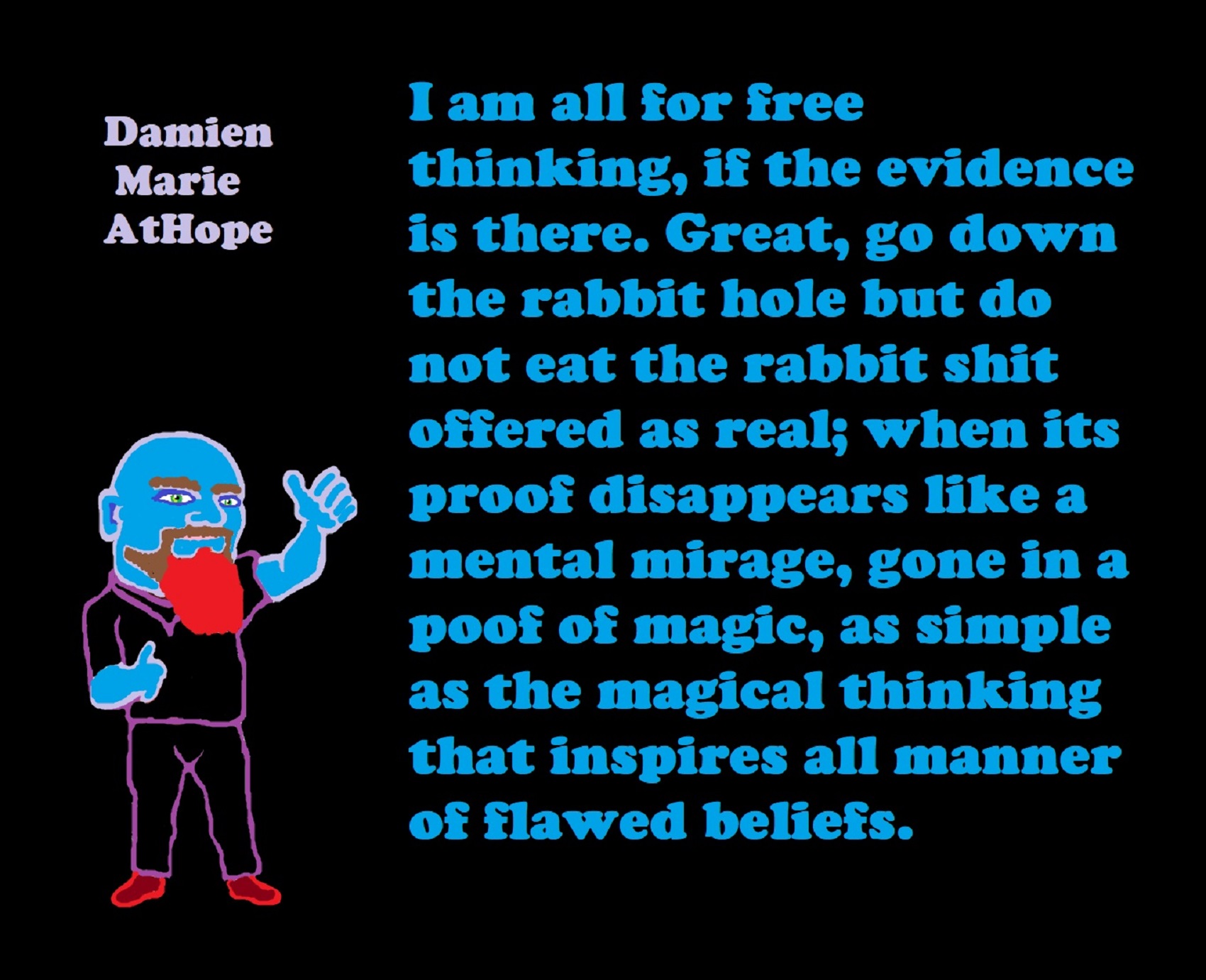
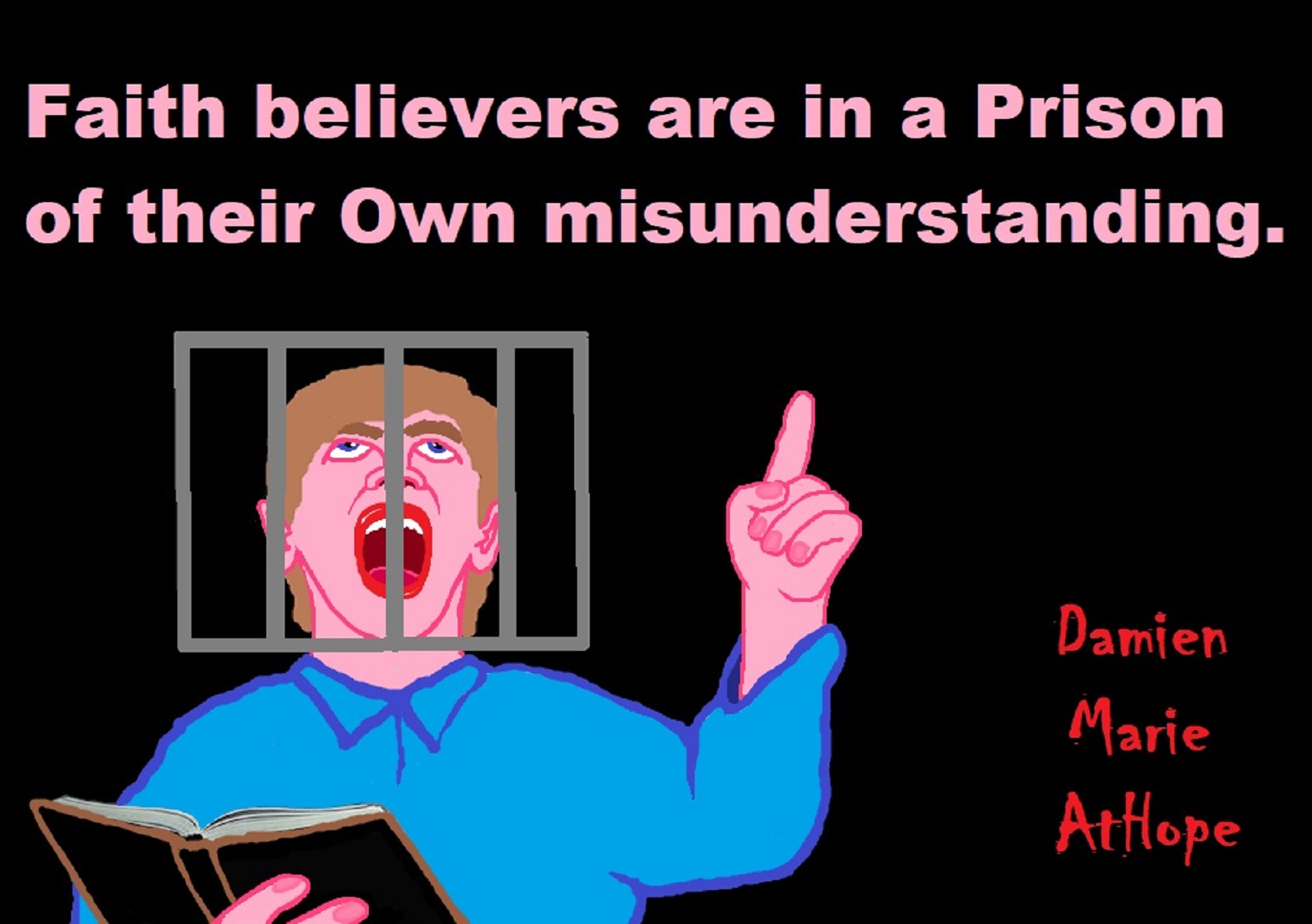
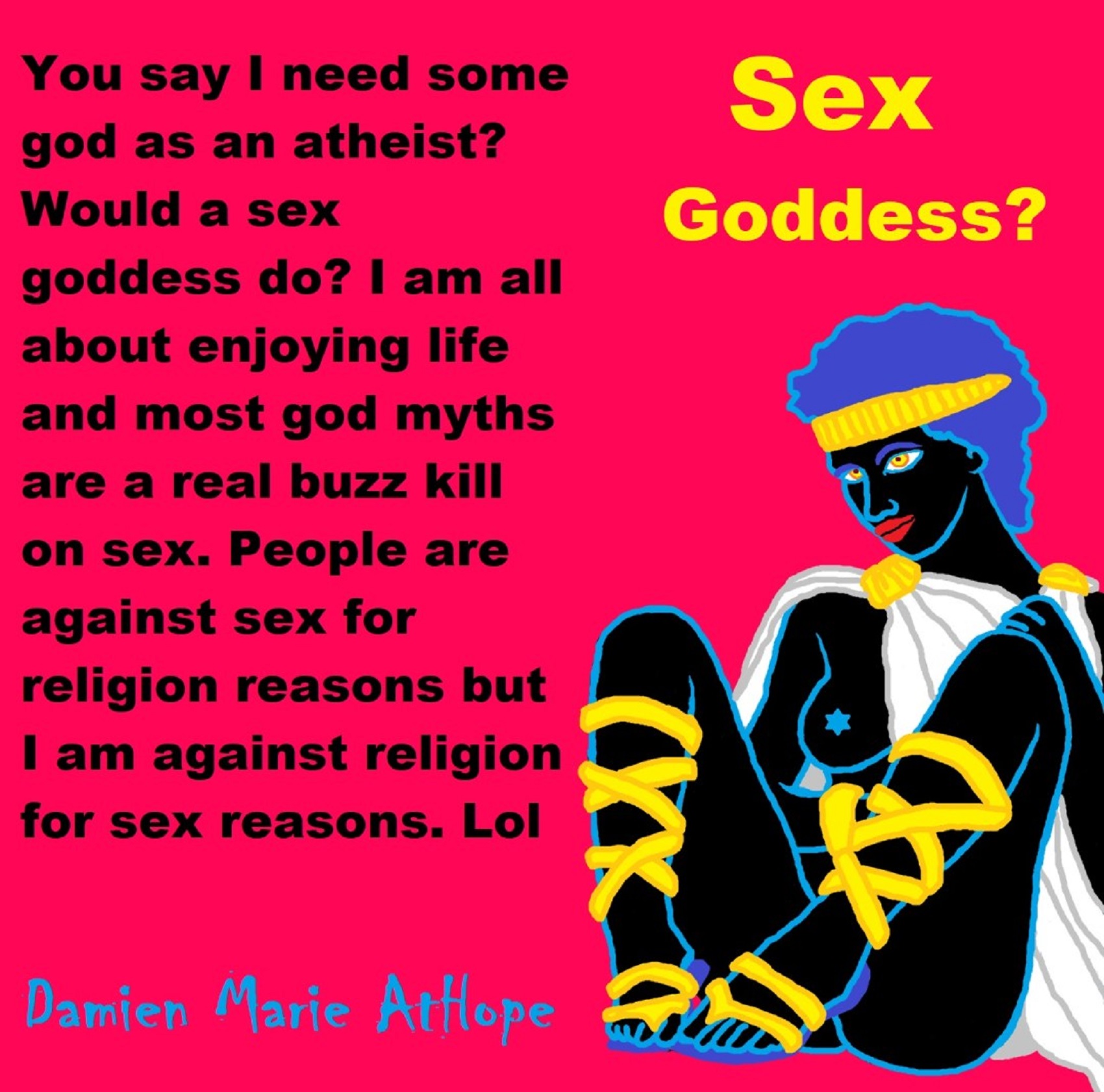

“Theists, there has to be a god, as something can not come from nothing.”
Well, thus something (unknown) happened and then there was something. This does not tell us what the something that may have been involved with something coming from nothing. A supposed first cause, thus something (unknown) happened and then there was something is not an open invitation to claim it as known, neither is it justified to call or label such an unknown as anything, especially an unsubstantiated magical thinking belief born of mythology and religious storytelling.

While hallucinogens are associated with shamanism, it is alcohol that is associated with paganism.
The Atheist-Humanist-Leftist Revolutionaries Shows in the prehistory series:
Show two: Pre-animism 300,000 years old and animism 100,000 years old: related to “Anarchism and Socialism”
Show tree: Totemism 50,000 years old: related to “Anarchism and Socialism”
Show four: Shamanism 30,000 years old: related to “Anarchism and Socialism”
Show five: Paganism 12,000 years old: related to “Anarchism and Socialism”
Show six: Emergence of hierarchy, sexism, slavery, and the new male god dominance: Paganism 7,000-5,000 years old: related to “Anarchism and Socialism” (Capitalism) (World War 0) Elite and their slaves!
Prehistory: related to “Anarchism and Socialism” the division of labor, power, rights, and recourses: VIDEO
Pre-animism 300,000 years old and animism 100,000 years old: related to “Anarchism and Socialism”: VIDEO
Totemism 50,000 years old: related to “Anarchism and Socialism”: VIDEO
Shamanism 30,000 years old: related to “Anarchism and Socialism”: VIDEO
Paganism 12,000 years old: related to “Anarchism and Socialism” (Pre-Capitalism): VIDEO
Paganism 7,000-5,000 years old: related to “Anarchism and Socialism” (Capitalism) (World War 0) Elite and their slaves: VIEDO
Paganism 5,000 years old: progressed organized religion and the state: related to “Anarchism and Socialism” (Kings and the Rise of the State): VIEDO
Paganism 4,000 years old: related to “Anarchism and Socialism” (First Moralistic gods, then the Origin time of Monotheism): VIEDO
I do not hate simply because I challenge and expose myths or lies any more than others being thought of as loving simply because of the protection and hiding from challenge their favored myths or lies.
The truth is best championed in the sunlight of challenge.
An archaeologist once said to me “Damien religion and culture are very different”
My response, So are you saying that was always that way, such as would you say Native Americans’ cultures are separate from their religions? And do you think it always was the way you believe?
I had said that religion was a cultural product. That is still how I see it and there are other archaeologists that think close to me as well. Gods too are the myths of cultures that did not understand science or the world around them, seeing magic/supernatural everywhere.
I personally think there is a goddess and not enough evidence to support a male god at Çatalhöyük but if there was both a male and female god and goddess then I know the kind of gods they were like Proto-Indo-European mythology.
This series idea was addressed in, Anarchist Teaching as Free Public Education or Free Education in the Public: VIDEO
Our 12 video series: Organized Oppression: Mesopotamian State Force and the Politics of power (9,000-4,000 years ago), is adapted from: The Complete and Concise History of the Sumerians and Early Bronze Age Mesopotamia (7000-2000 BC): https://www.youtube.com/watch?v=szFjxmY7jQA by “History with Cy“
Show #1: Mesopotamian State Force and the Politics of Power (Samarra, Halaf, Ubaid)
Show #2: Mesopotamian State Force and the Politics of Power
Show #3: Mesopotamian State Force and the Politics of Power (Uruk and the First Cities)
Show #4: Mesopotamian State Force and the Politics of Power (First Kings)
Show #5: Mesopotamian State Force and the Politics of Power (Early Dynastic Period)
Show #6: Mesopotamian State Force and the Politics of Power
Show #7: Mesopotamian State Force and the Politics of Power (Sargon and Akkadian Rule)
Show #9: Mesopotamian State Force and the Politics of Power (Gudea of Lagash and Utu-hegal)
Show #12: Mesopotamian State Force and the Politics of Power (Aftermath and Legacy of Sumer)

The “Atheist-Humanist-Leftist Revolutionaries”
Cory Johnston ☭ Ⓐ Atheist Leftist @Skepticallefty & I (Damien Marie AtHope) @AthopeMarie (my YouTube & related blog) are working jointly in atheist, antitheist, antireligionist, antifascist, anarchist, socialist, and humanist endeavors in our videos together, generally, every other Saturday.
Why Does Power Bring Responsibility?
Think, how often is it the powerless that start wars, oppress others, or commit genocide? So, I guess the question is to us all, to ask, how can power not carry responsibility in a humanity concept? I know I see the deep ethical responsibility that if there is power their must be a humanistic responsibility of ethical and empathic stewardship of that power. Will I be brave enough to be kind? Will I possess enough courage to be compassionate? Will my valor reach its height of empathy? I as everyone, earns our justified respect by our actions, that are good, ethical, just, protecting, and kind. Do I have enough self-respect to put my love for humanity’s flushing, over being brought down by some of its bad actors? May we all be the ones doing good actions in the world, to help human flourishing.
I create the world I want to live in, striving for flourishing. Which is not a place but a positive potential involvement and promotion; a life of humanist goal precision. To master oneself, also means mastering positive prosocial behaviors needed for human flourishing. I may have lost a god myth as an atheist, but I am happy to tell you, my friend, it is exactly because of that, leaving the mental terrorizer, god belief, that I truly regained my connected ethical as well as kind humanity.
Cory and I will talk about prehistory and theism, addressing the relevance to atheism, anarchism, and socialism.
At the same time as the rise of the male god, 7,000 years ago, there was also the very time there was the rise of violence, war, and clans to kingdoms, then empires, then states. It is all connected back to 7,000 years ago, and it moved across the world.
Cory Johnston: https://damienmarieathope.com/2021/04/cory-johnston-mind-of-a-skeptical-leftist/?v=32aec8db952d
The Mind of a Skeptical Leftist (YouTube)
Cory Johnston: Mind of a Skeptical Leftist @Skepticallefty
The Mind of a Skeptical Leftist By Cory Johnston: “Promoting critical thinking, social justice, and left-wing politics by covering current events and talking to a variety of people. Cory Johnston has been thoughtfully talking to people and attempting to promote critical thinking, social justice, and left-wing politics.” http://anchor.fm/skepticalleft
Cory needs our support. We rise by helping each other.
Cory Johnston ☭ Ⓐ @Skepticallefty Evidence-based atheist leftist (he/him) Producer, host, and co-host of 4 podcasts @skeptarchy @skpoliticspod and @AthopeMarie
Damien Marie AtHope (“At Hope”) Axiological Atheist, Anti-theist, Anti-religionist, Secular Humanist. Rationalist, Writer, Artist, Poet, Philosopher, Advocate, Activist, Psychology, and Armchair Archaeology/Anthropology/Historian.
Damien is interested in: Freedom, Liberty, Justice, Equality, Ethics, Humanism, Science, Atheism, Antiteism, Antireligionism, Ignosticism, Left-Libertarianism, Anarchism, Socialism, Mutualism, Axiology, Metaphysics, LGBTQI, Philosophy, Advocacy, Activism, Mental Health, Psychology, Archaeology, Social Work, Sexual Rights, Marriage Rights, Woman’s Rights, Gender Rights, Child Rights, Secular Rights, Race Equality, Ageism/Disability Equality, Etc. And a far-leftist, “Anarcho-Humanist.”
I am not a good fit in the atheist movement that is mostly pro-capitalist, I am anti-capitalist. Mostly pro-skeptic, I am a rationalist not valuing skepticism. Mostly pro-agnostic, I am anti-agnostic. Mostly limited to anti-Abrahamic religions, I am an anti-religionist.
To me, the “male god” seems to have either emerged or become prominent around 7,000 years ago, whereas the now favored monotheism “male god” is more like 4,000 years ago or so. To me, the “female goddess” seems to have either emerged or become prominent around 11,000-10,000 years ago or so, losing the majority of its once prominence around 2,000 years ago due largely to the now favored monotheism “male god” that grow in prominence after 4,000 years ago or so.
My Thought on the Evolution of Gods?
Animal protector deities from old totems/spirit animal beliefs come first to me, 13,000/12,000 years ago, then women as deities 11,000/10,000 years ago, then male gods around 7,000/8,000 years ago. Moralistic gods around 5,000/4,000 years ago, and monotheistic gods around 4,000/3,000 years ago.
To me, animal gods were likely first related to totemism animals around 13,000 to 12,000 years ago or older. Female as goddesses was next to me, 11,000 to 10,000 years ago or so with the emergence of agriculture. Then male gods come about 8,000 to 7,000 years ago with clan wars. Many monotheism-themed religions started in henotheism, emerging out of polytheism/paganism.

Damien Marie AtHope (Said as “At” “Hope”)/(Autodidact Polymath but not good at math):
Axiological Atheist, Anti-theist, Anti-religionist, Secular Humanist, Rationalist, Writer, Artist, Jeweler, Poet, “autodidact” Philosopher, schooled in Psychology, and “autodidact” Armchair Archaeology/Anthropology/Pre-Historian (Knowledgeable in the range of: 1 million to 5,000/4,000 years ago). I am an anarchist socialist politically. Reasons for or Types of Atheism
My Website, My Blog, & Short-writing or Quotes, My YouTube, Twitter: @AthopeMarie, and My Email: damien.marie.athope@gmail.com

